
HIT THE STAGE
So, are you able to write new songs on tour?
Jack: That’s definitely harder than doing it at home. There we have all the time we need, on tour it’s always stressful.
Sid: And if we got free time we prefer it to lay down and don’t do anything. Being on tour is really mentally draining. But every now and then we pick up the instruments and try to write something new.
When people see that your new album was released on Hellcat Records, I guess they assume that you’re living the life of rock stars in a big night liner? What’s your ride like on this tour?
Sid: We wish – our van isn’t even as big as a sprinter. It’s more like a post office van. We don’t have a backline with us this time, because it wouldn’t fit in the van. It’s that small.
Jack: We’re definitely not a night liner band. But we’ve already gotten lots of abuse about being sell-outs. They even called us a boy band.
Sid: Some say now that we just wanna be a copy of Rancid, because Tim Armstrong co-wrote a few songs on the new album. But in the end, those are all our songs, Tim just helped us out. Everything on this album was done the way we wanted it. Nothing changed from how we did the last album.
What’s the most important thing for you to have on tour?
Sid: Tea, British tea.
Jack: Nobody seems to know how to make it right besides us apparently.
Sid: Add sugar and milk and that’s it.
So, you have to bring it along?
Sid: Yes, but in many places, especially the USA, they don’t have kettles and we can’t make it.
Jack: We’re rock’n’roll, aren’t we? What we need on tour is tea and a good night’s sleep.
What’s the worst experience you have had on tour so far?
Sid: Being in a police chase in Greece was the worst and funniest experience so far. The promoter for the show had two bars. We went into one of the bars to have a drink and then head into the hotel. But then we saw him doing shots of whisky and he was supposed to drive us. He said it was alright and since we were pretty hammered as well, we didn’t make him stop. He stumbled into the car, pulls out of the car park and instantly hits a taxi. He was trying to drive away, but people tried to stop him. What made matters worse was that on the other side of the street were two police cars. He eventually got away and the police immediately followed him. He took ages to pull over and when he got arrested he gave us 20 euros and said: “Thanks for coming.” That was the last time we saw him. We don’t know what happened. But that show was one of the best we’ve ever played.
Jack: The worst experience financially was one time in Germany when we missed the bus call for the airport and decided to take a taxi. The thing was I set an alarm on my phone, but had to charge it in the bathroom and didn’t hear it in the morning. We missed the bus call by about four hours. The airport was hours away, but we still decided to take a taxi, which cost us about 650 Euro. Luckily, we had enough money, but of course it would have made a lot more sense to just book another flight from another airport.
Sid: That was the worst decision we ever made.
Are you thinking of getting a management involved?
Jack: Right now, we are semi-managed by Lars Frederiksen. It’s not like a fulltime thing, but he gives us advice and helps us get gigs here and there.
Sid: He’s our guardian angel. But we still manage ourselves and make the decisions.
What do you do if you have a disagreement in the band?
Jack: It’s a group thing. We decide it all together democratically and we’ve never had any strong disagreements. We all come to a good conclusion in the end.
Sid: If you’re in a band that tours a lot you get to know each other really well and you learn that you have to give each other space.
Jack: If that’s possible. We sleep so weird sometimes on the road and many times you have to share a bed and so sometimes I wake up spooning Sid or he is spooning me. In the end we work together for a common goal and we grew up together, that helps.
Do you consider yourself a political band?
Sid: No, I think politics kills it. I would never be able to write a song with just a few lines and describe the reality with it. But that doesn’t mean that we don’t condemn racism or sexism, that’s just general morals and we don’t need to mention it. A picture of the band should answer those questions.
Did you ever get accused of being racist?
Sid: Not really, I guess at one time we were on a list of so-called grey zone bands in Germany, but that’s it. But I guess you can be easily tricked into something like that. One time after a concert a guy came up to me and asked for a photo. I agreed and he opened his jacket but turned away from me. I took a closer look and the guy was wearing a Skrewdriver T-Shirt. That would have been so easy to miss.
What did you do?
Sid: I clocked it before they could take pictures. What a bastard.
If you look at your experiences, where do you prefer to tour, the USA or Europe?
Jack: We enjoy it both immensely, but there are differences. When it comes to hospitality, Europe is far better, and right now, we also get bigger crowds over here.
Sid: But that might be because we’re a fairly new band in the US. Break the routine has only recently been released over there. We still played a lot of good shows over there to a fair amount of people.
Are there any places you wanna go?
Jack: Yes, we’d like to go to Japan, but it hasn’t worked out so far.
Sid: And South America, Mexico, Colombia, Brazil. We hope it will be possible in the future.

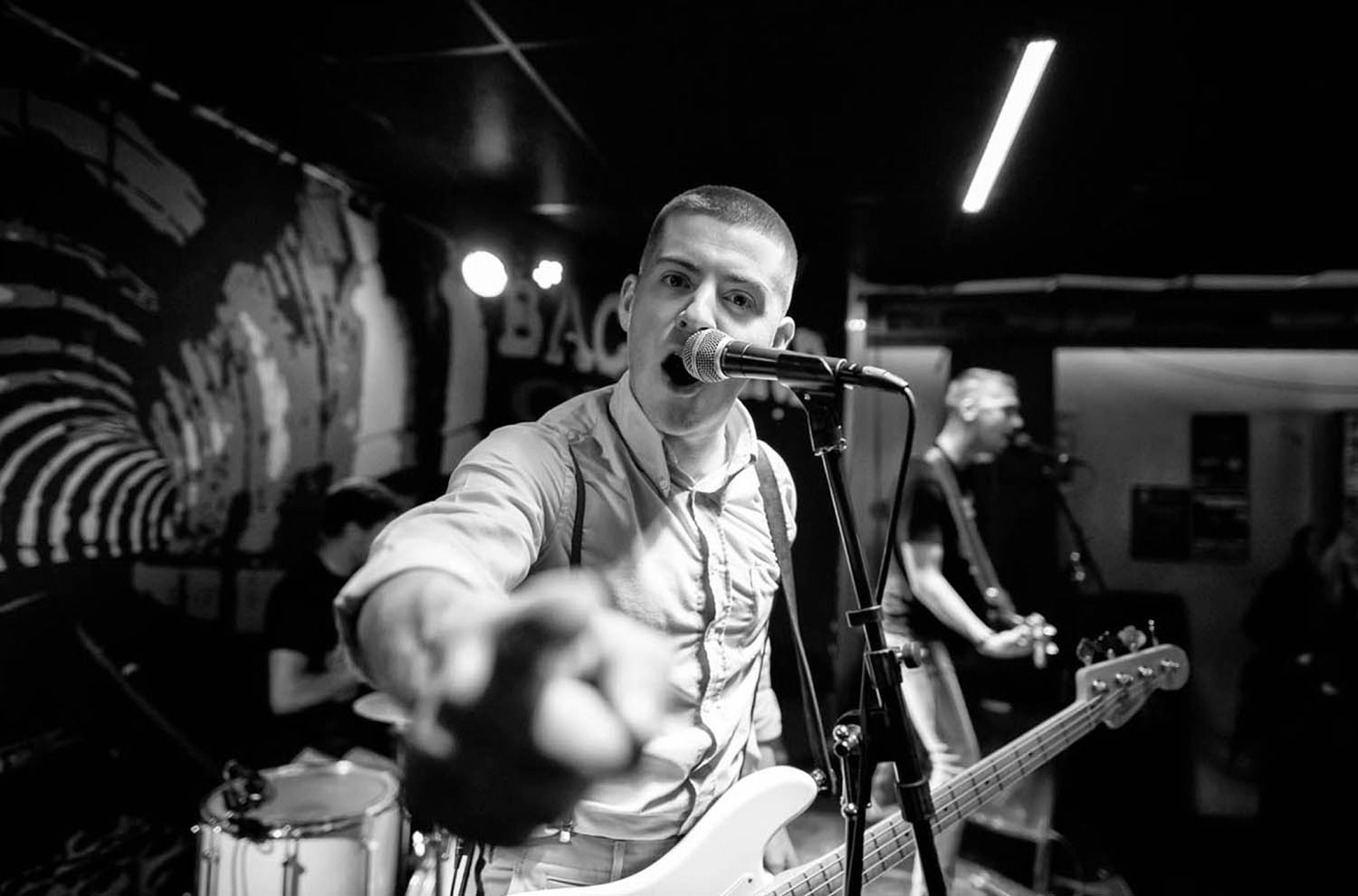
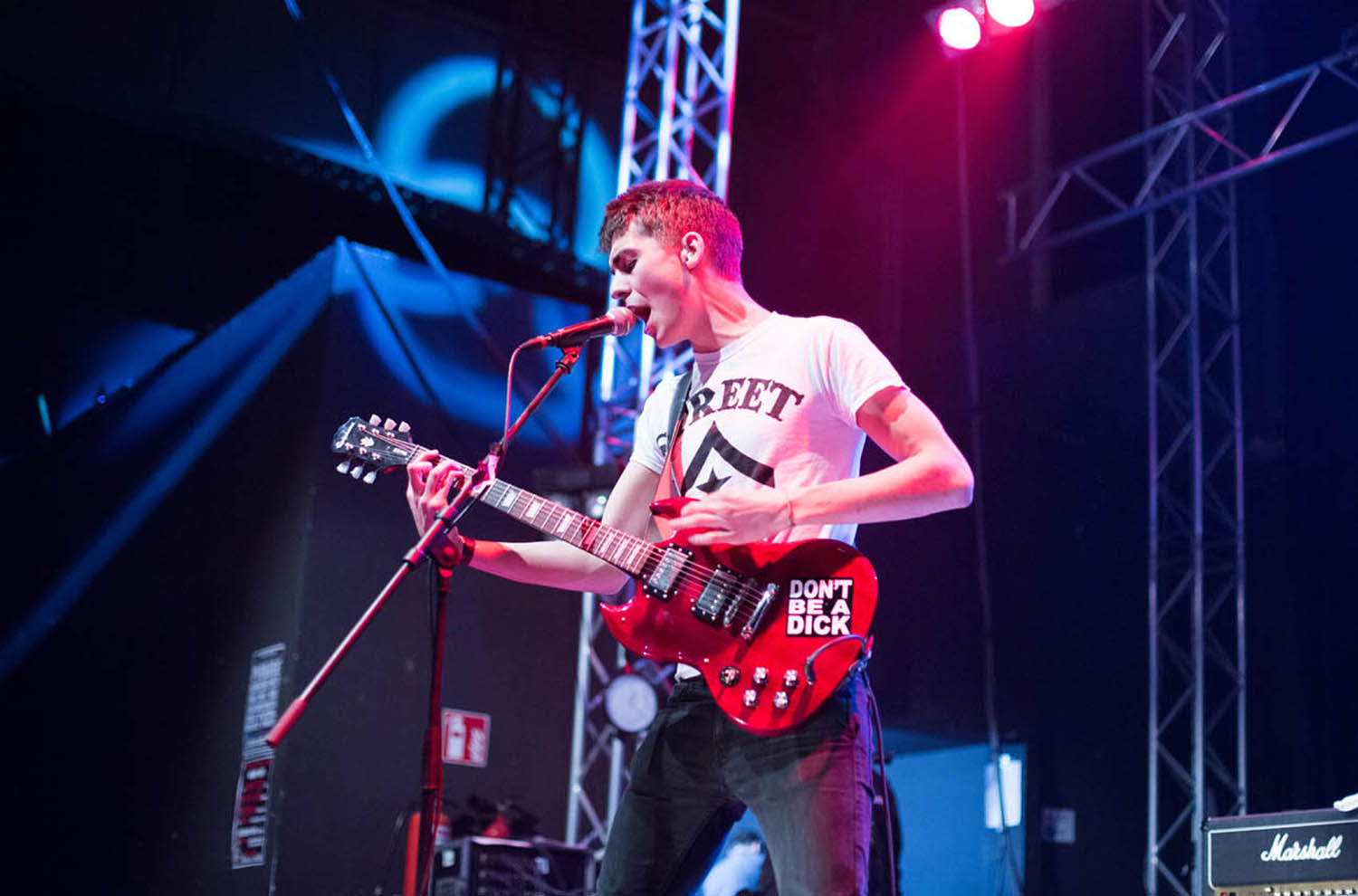
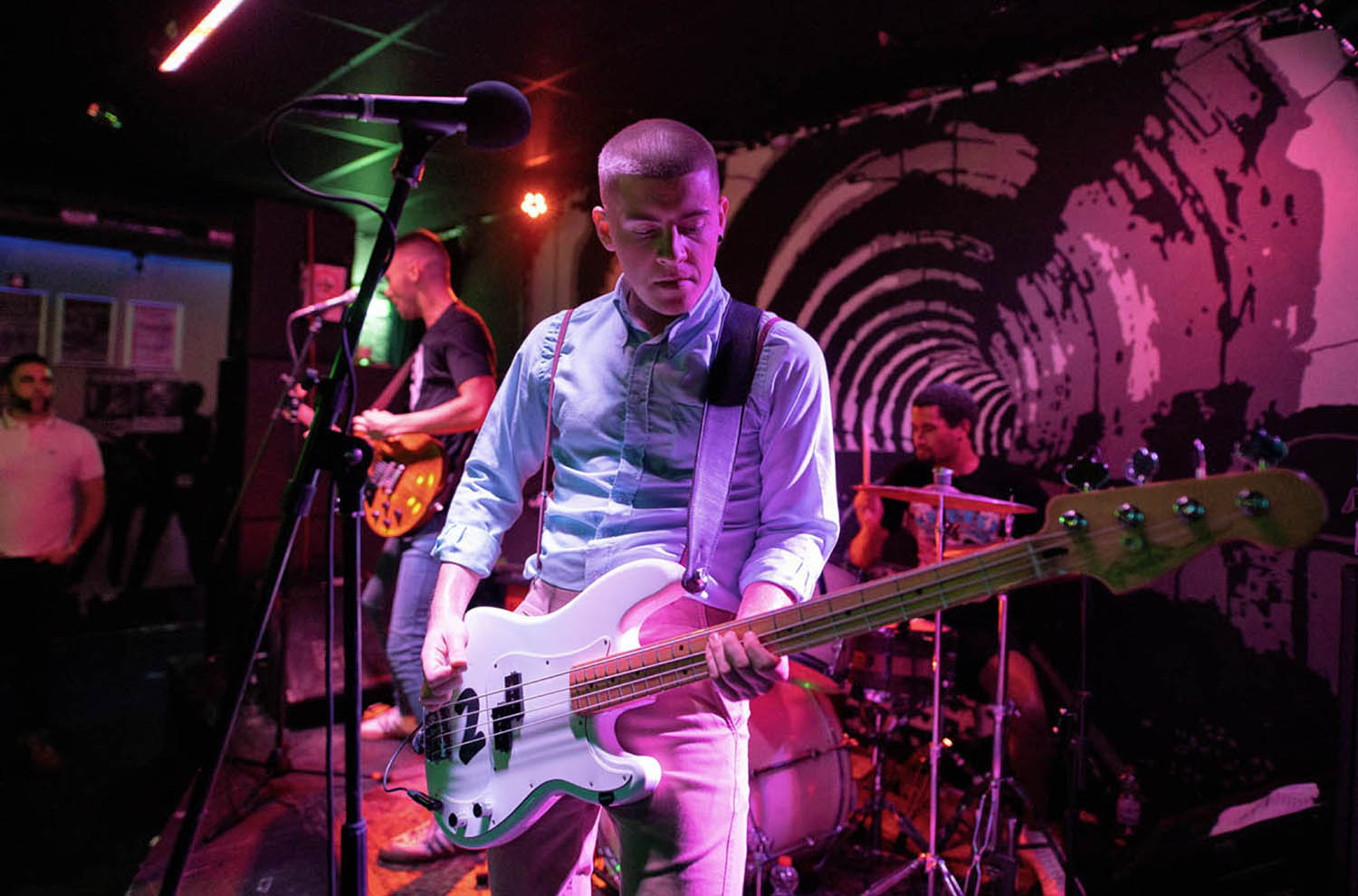
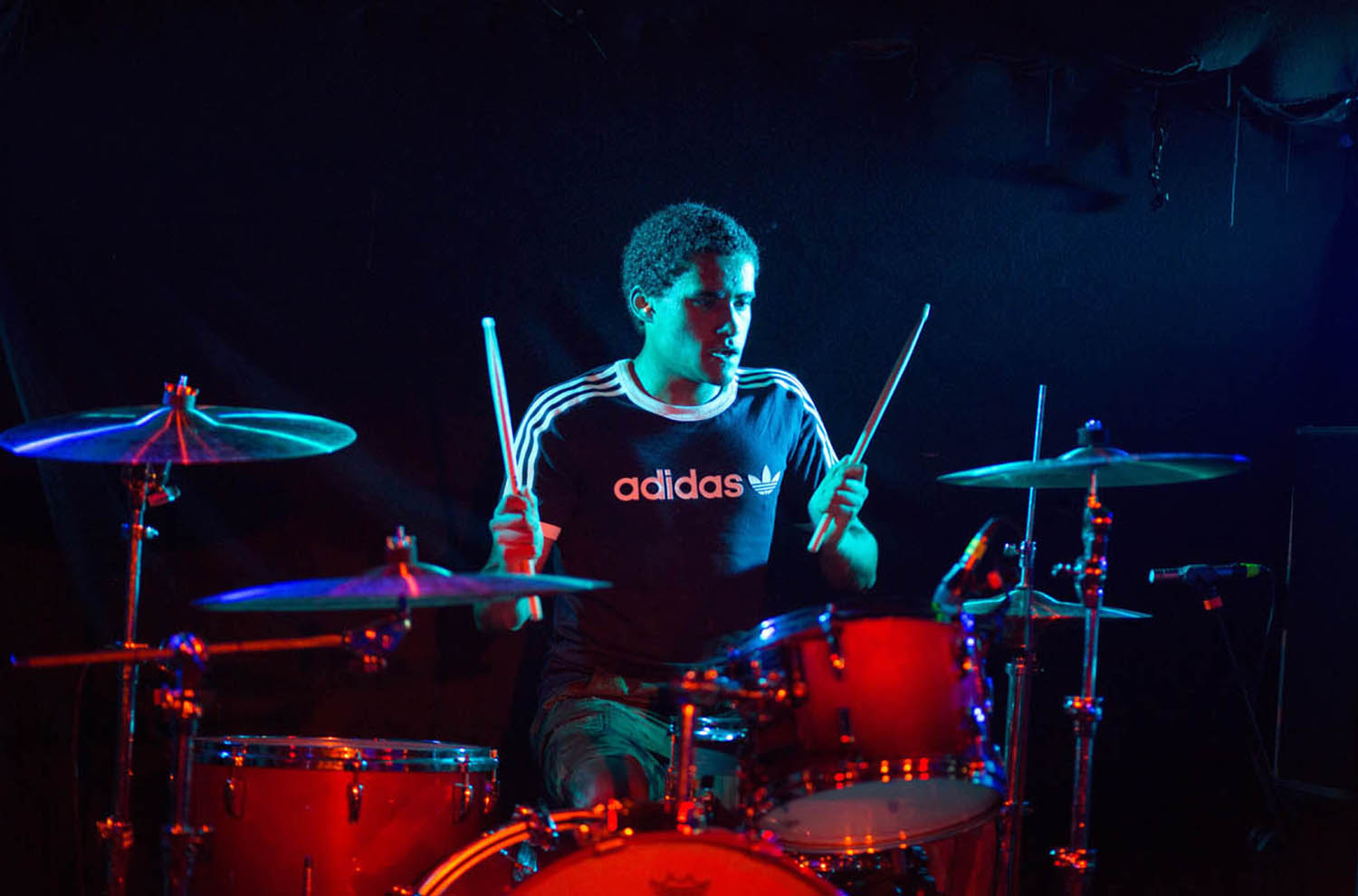
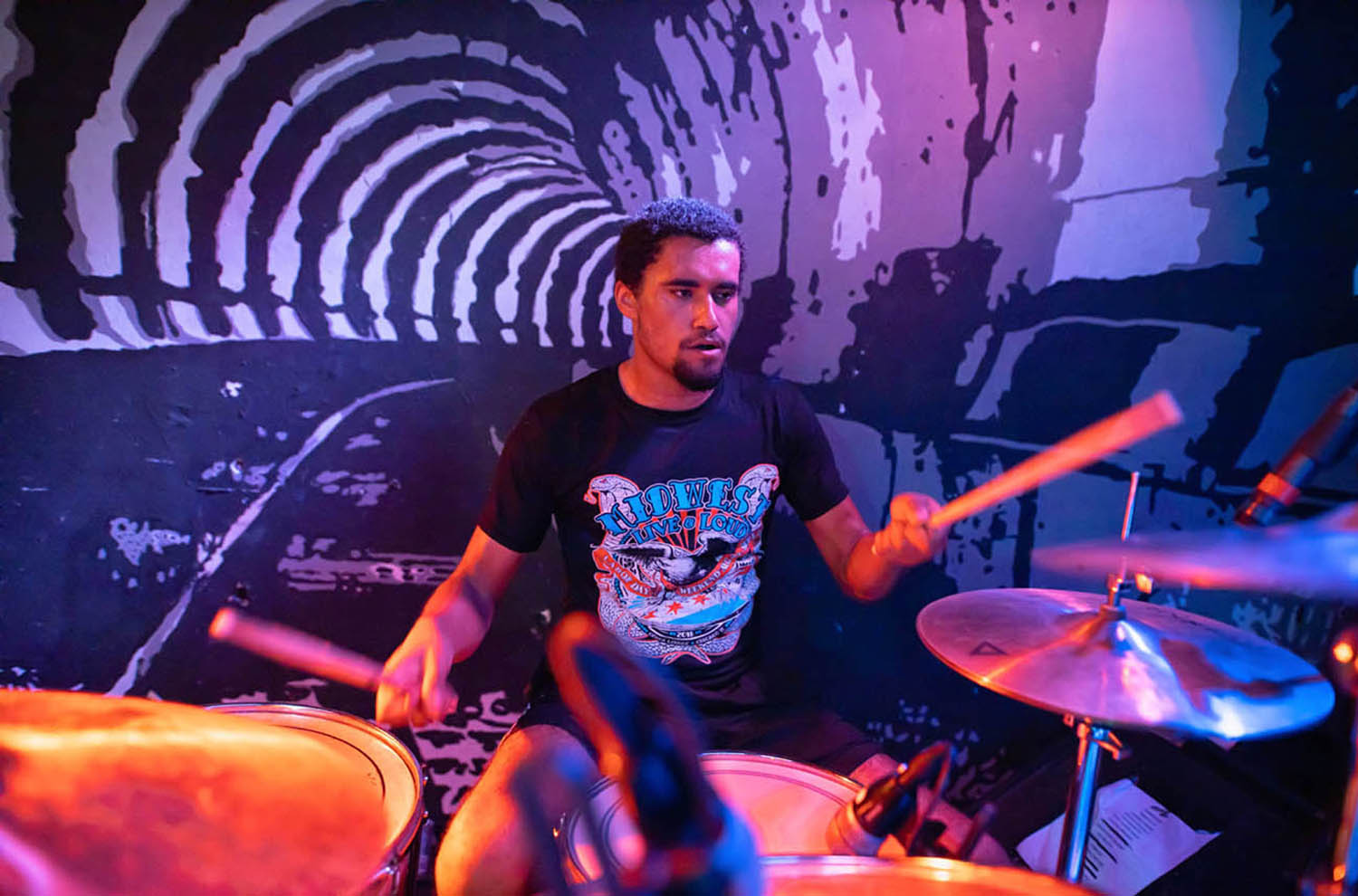
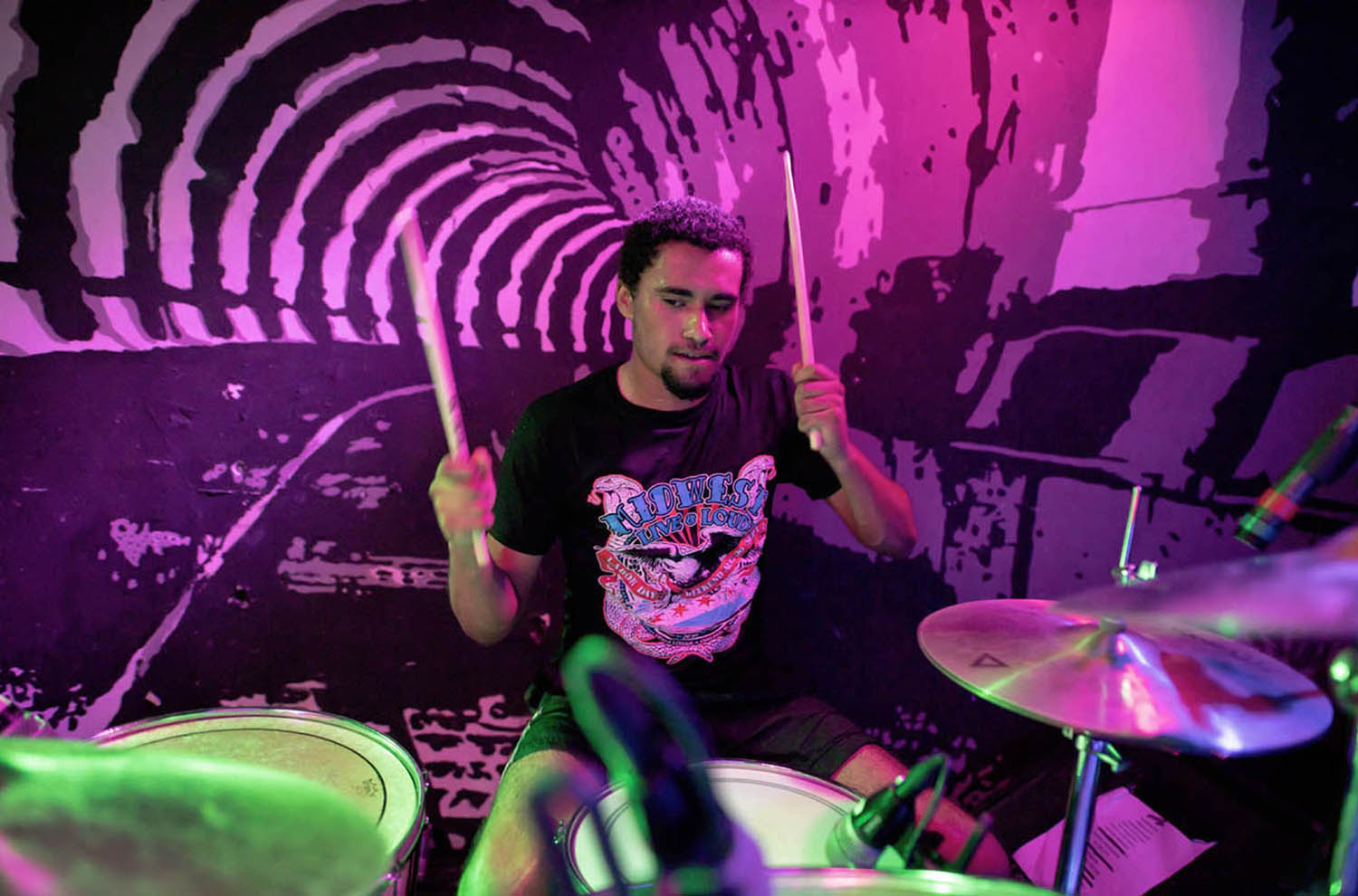
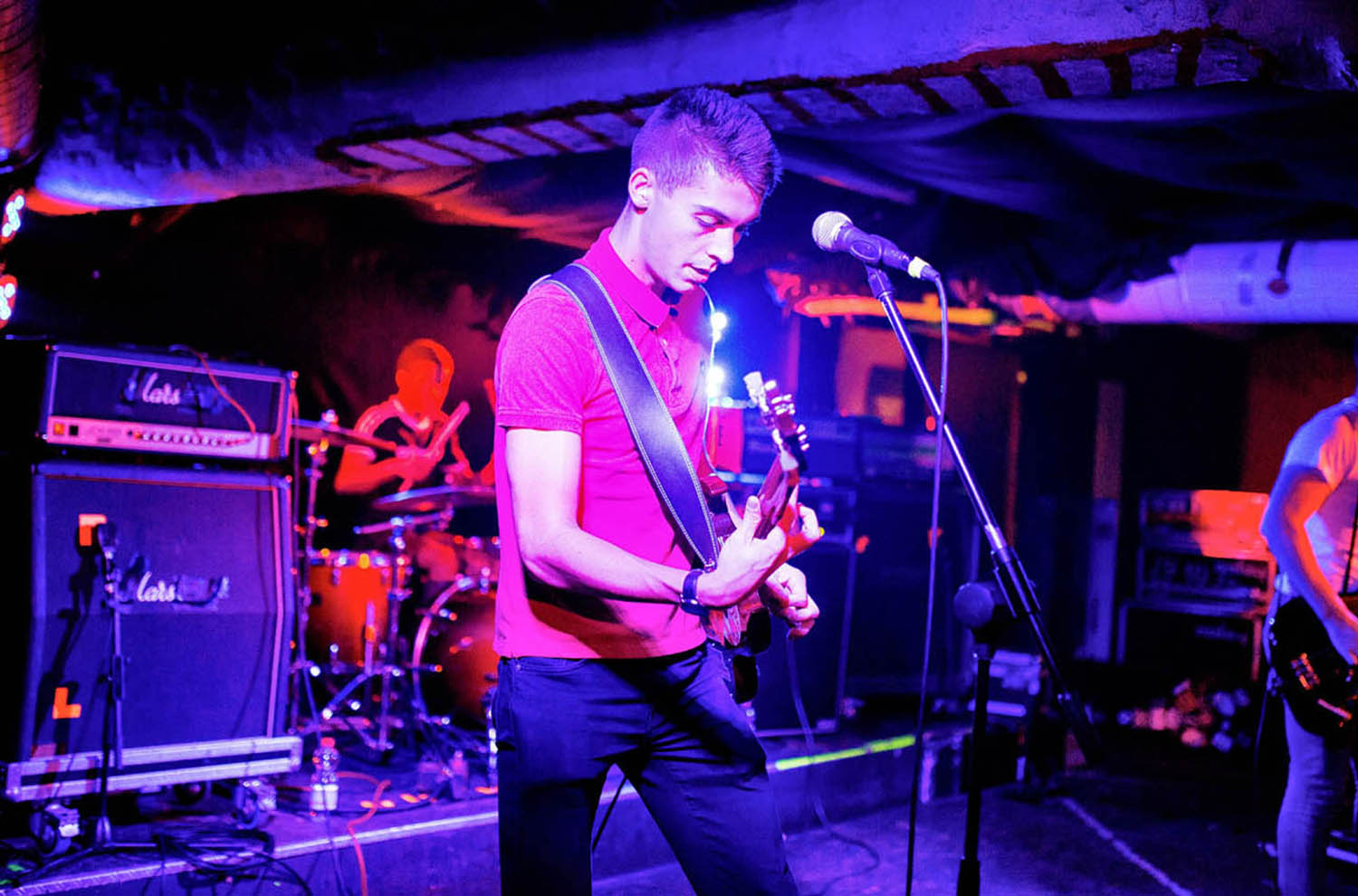
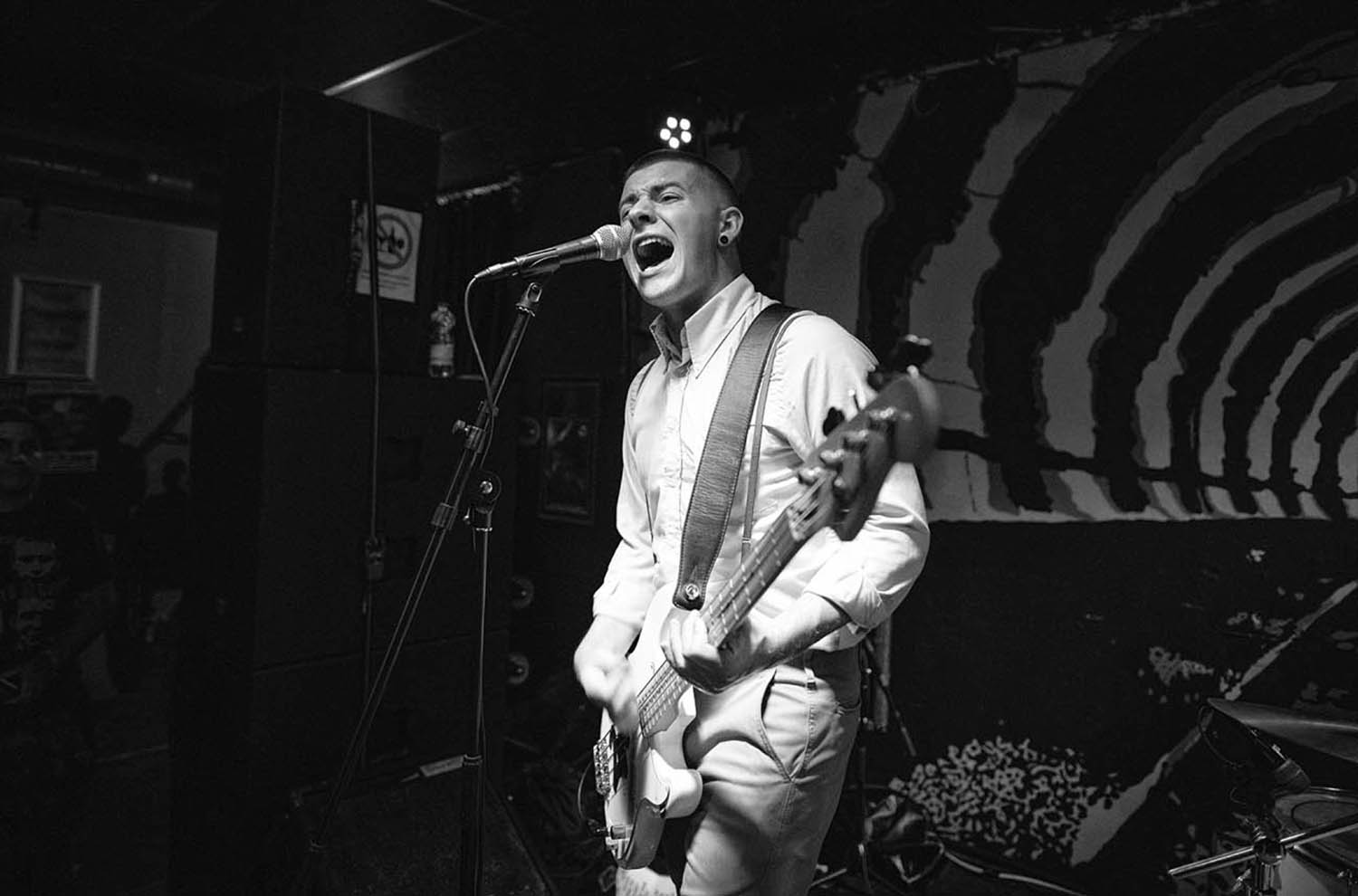
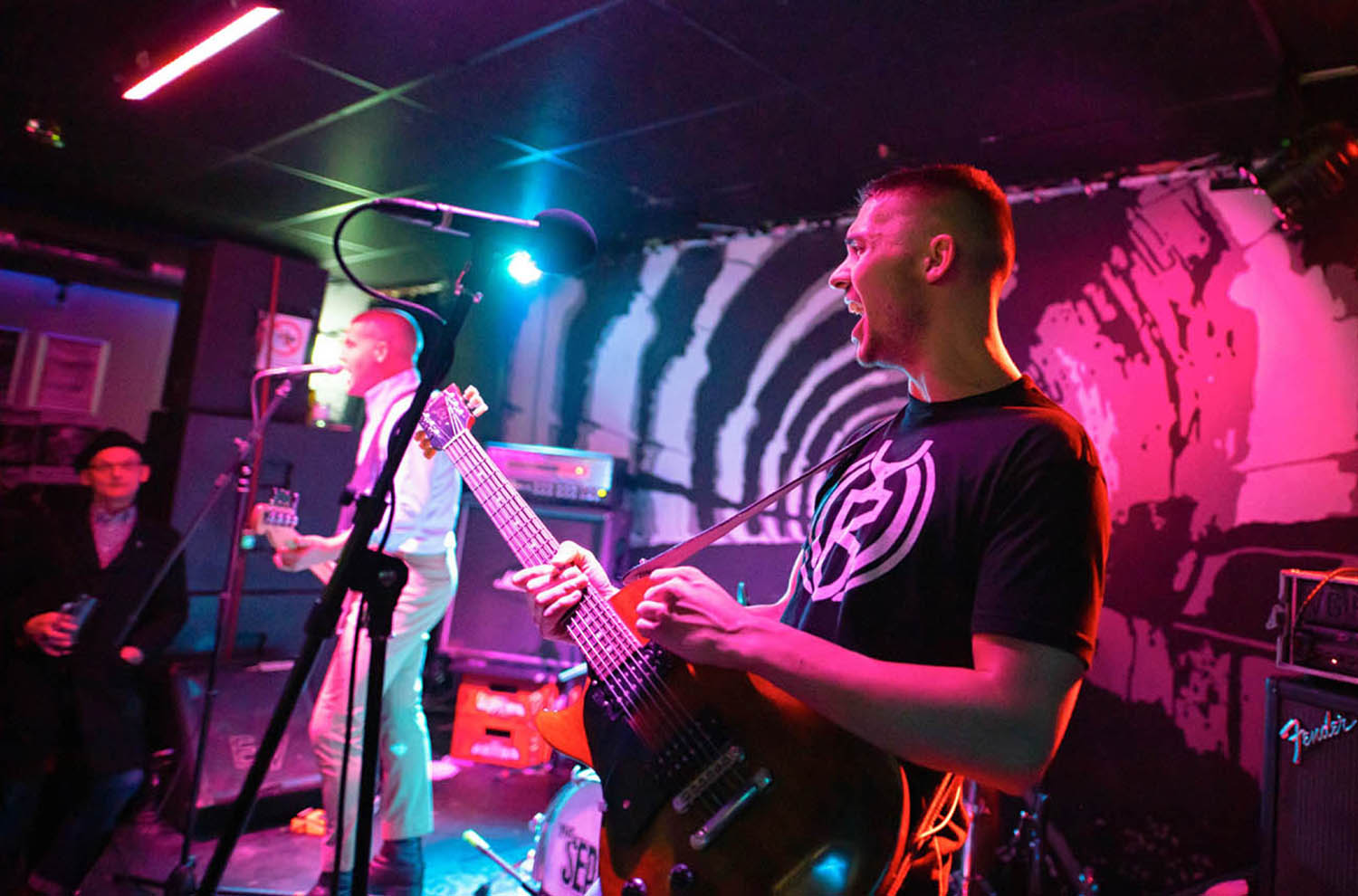
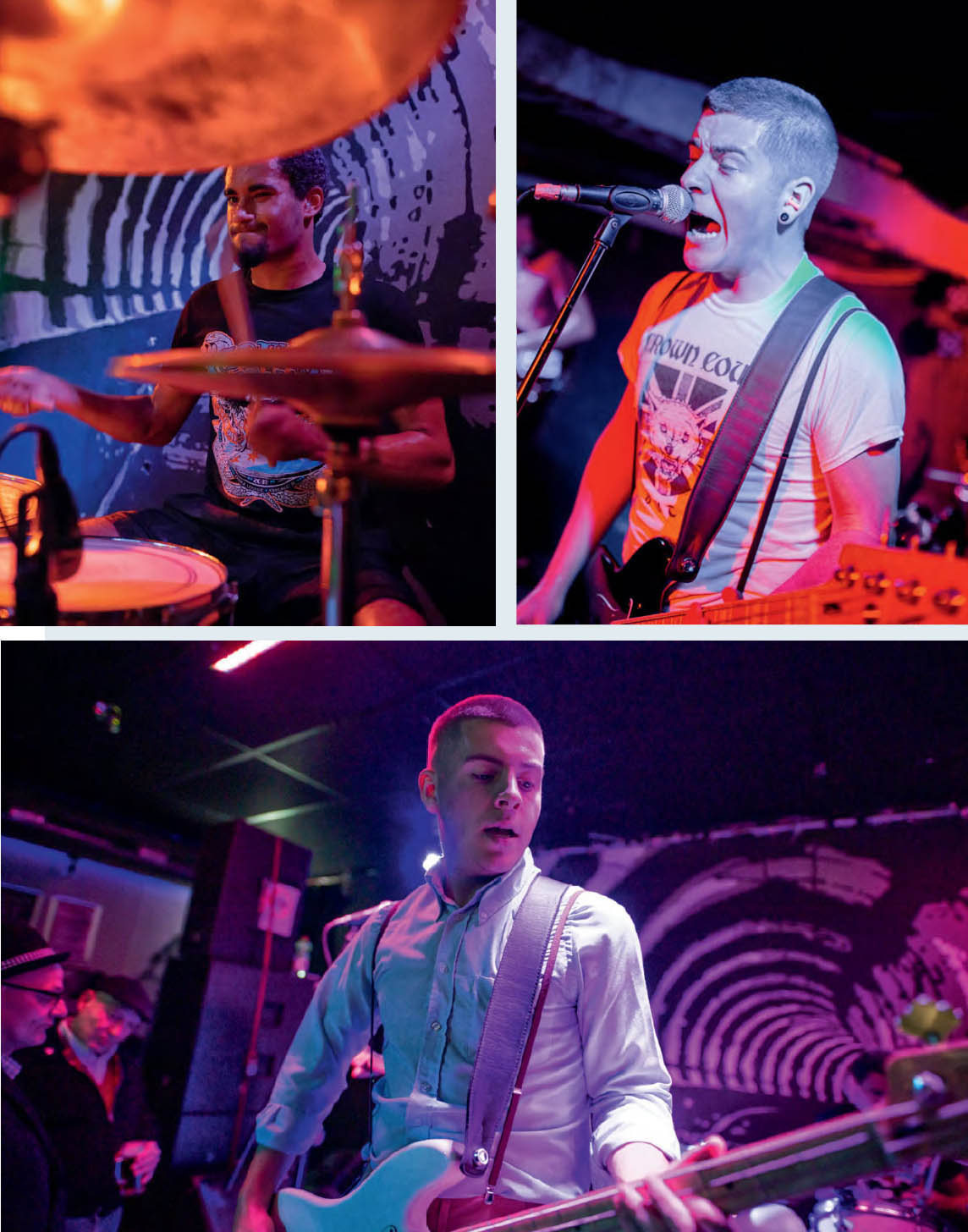

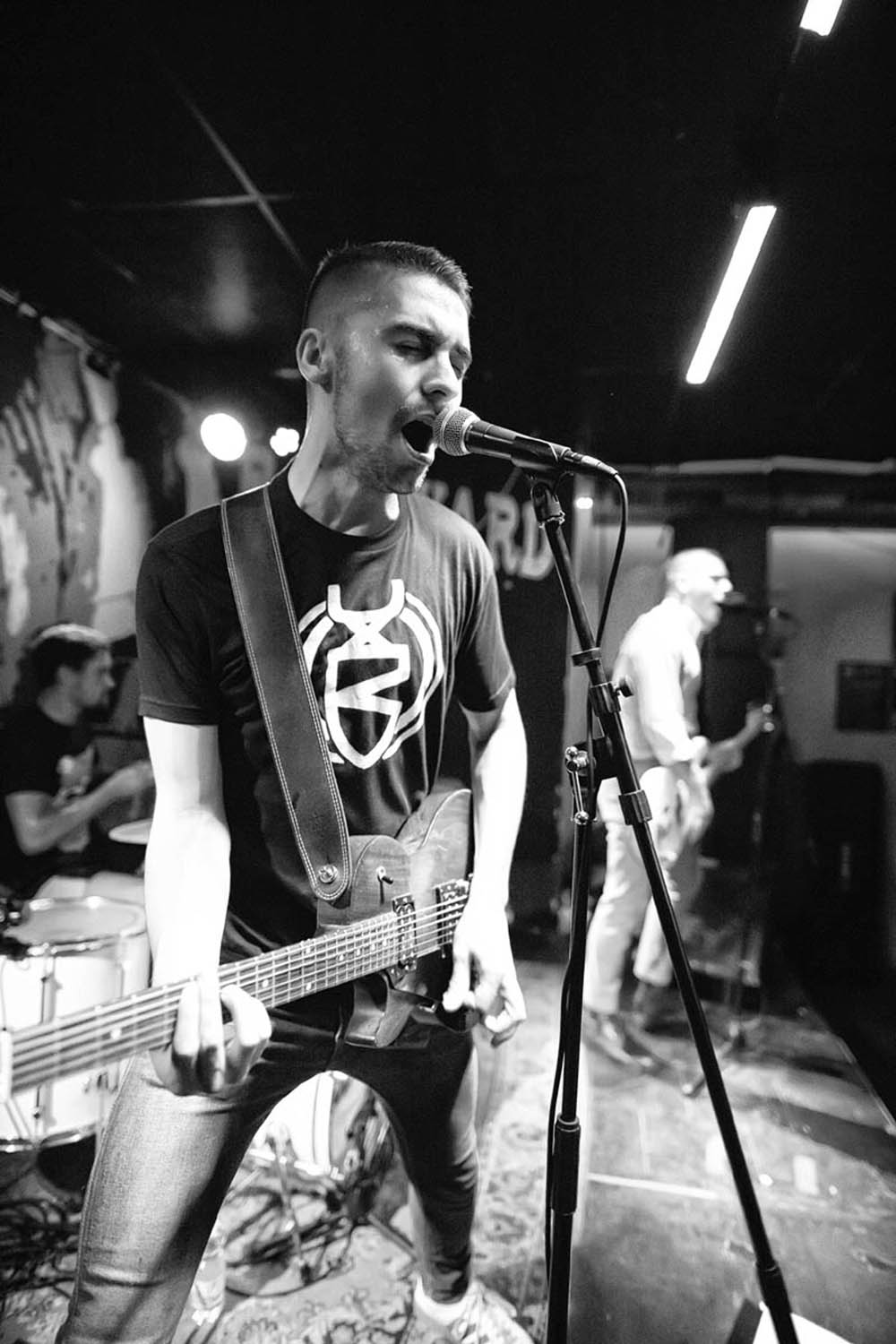
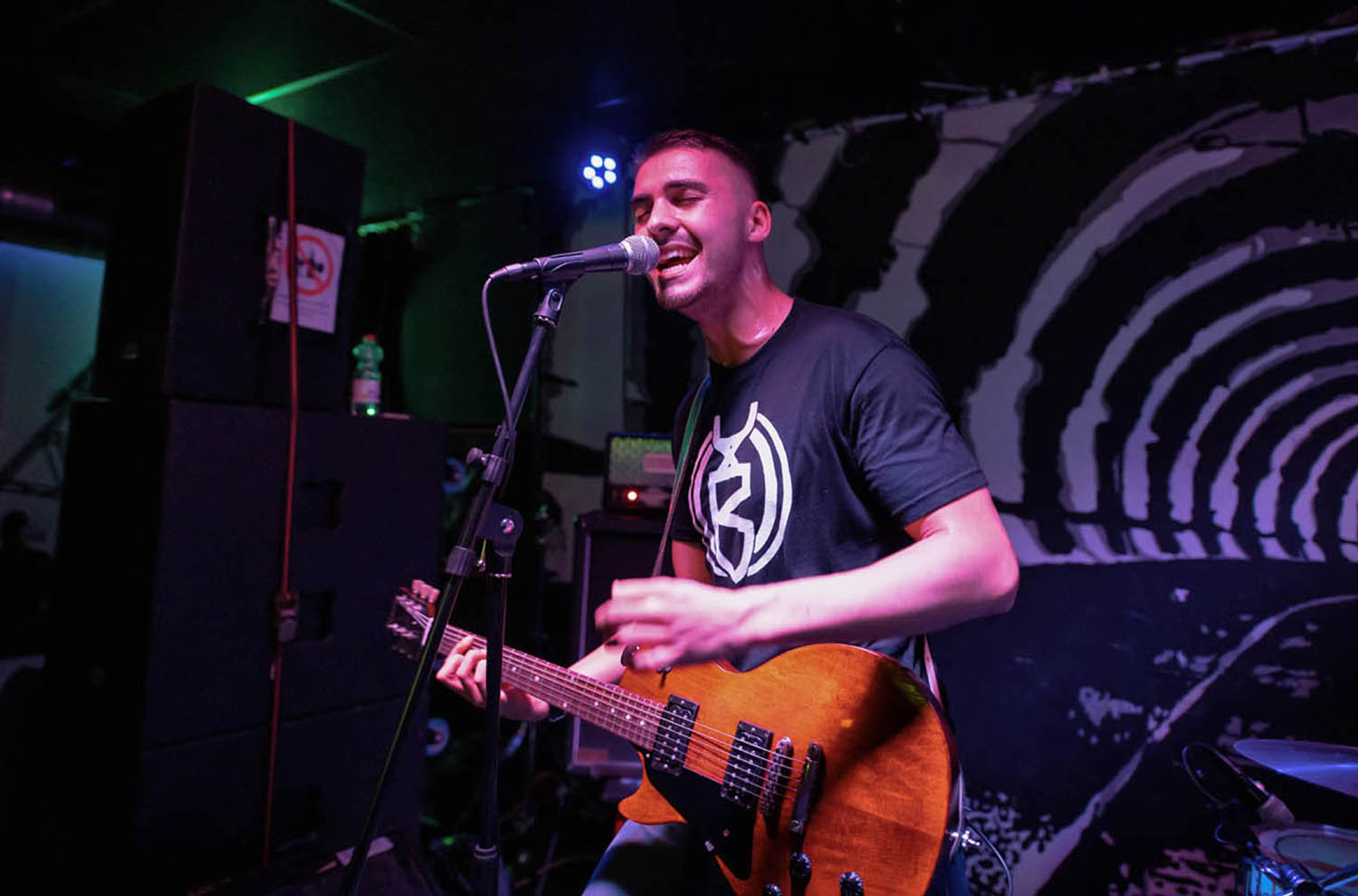
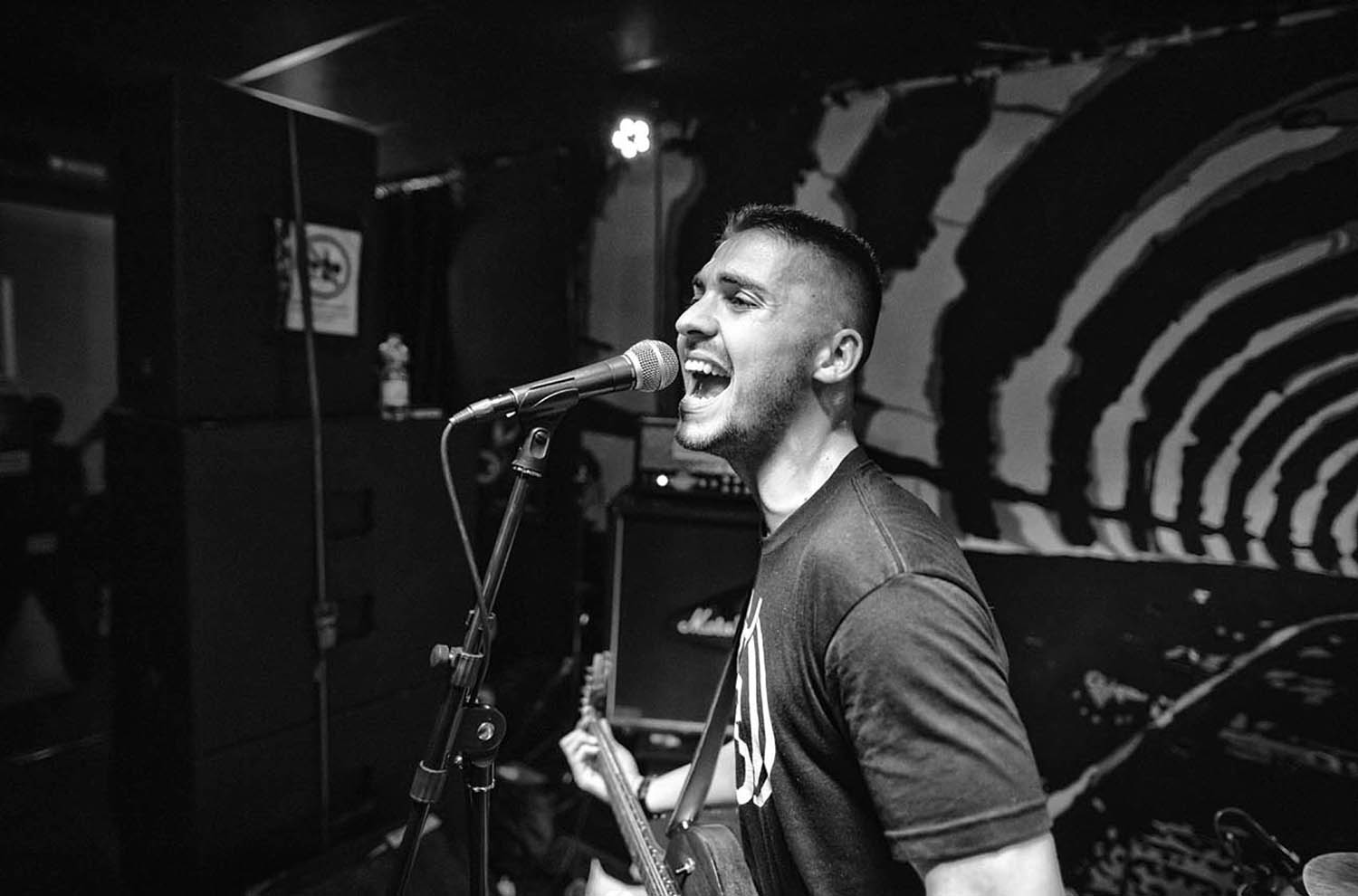
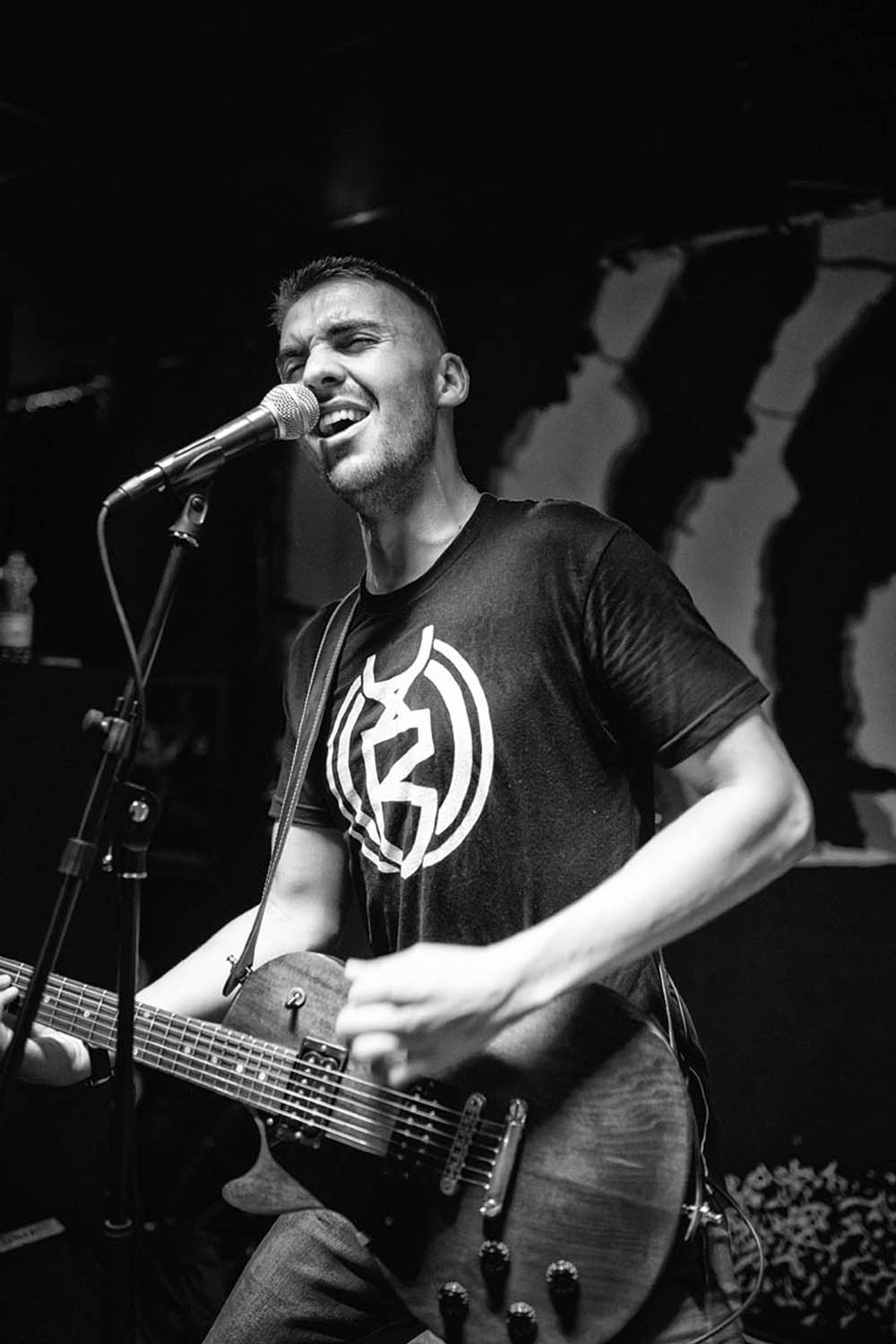
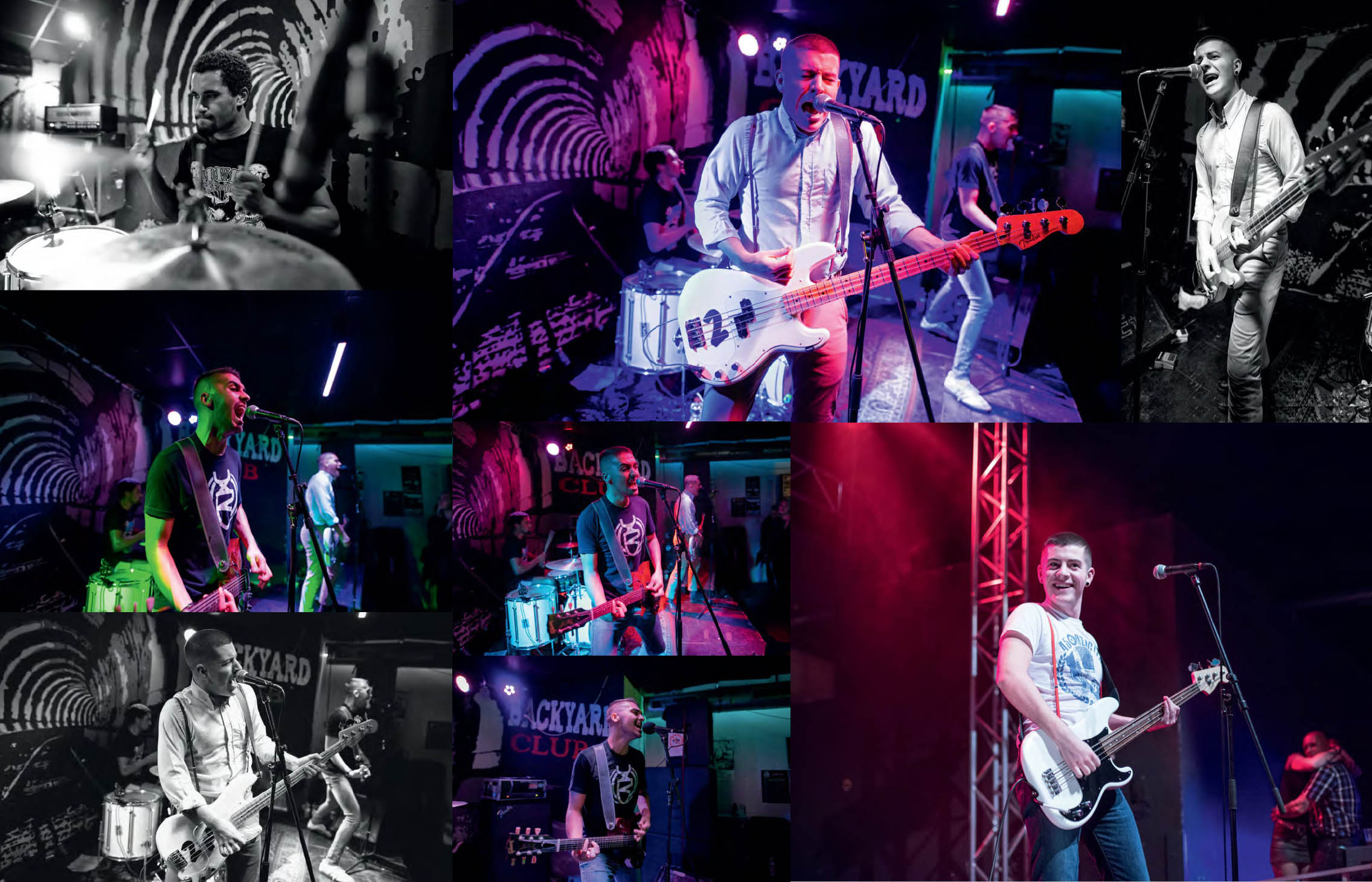
BISHOPS GREEN
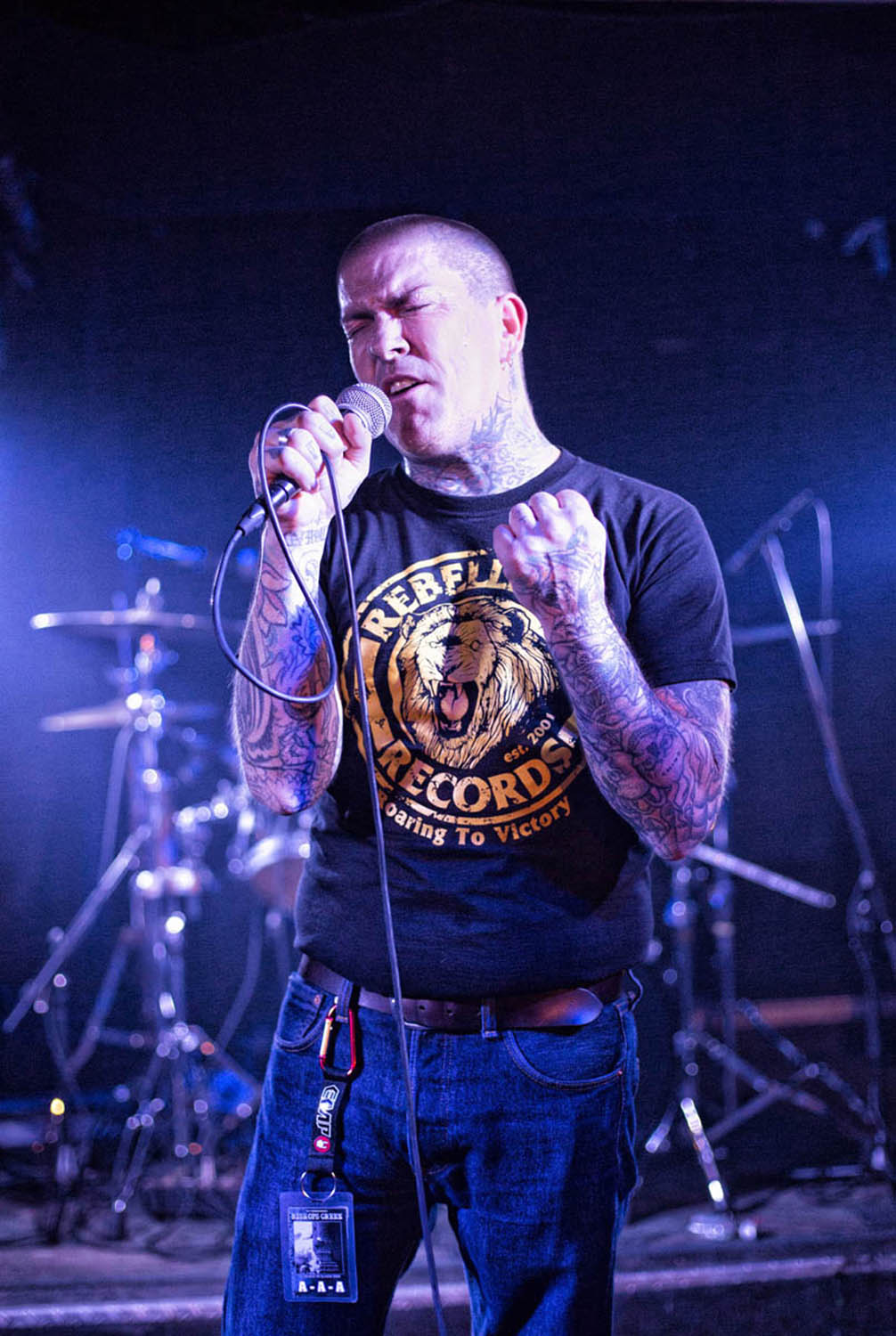
Wie viele shows pro Jahr spielt ihr durchschnittlich?
Das ist schwer zu sagen, in manchen Jahren waren es etwa 75 Shows. Ein Jahr haben wir dreimal in Europa getourt, es war großartig!
Könnt ihr mit Touren Geld verdienen?
Wir haben es gut gehabt und es geschafft, unsere Ausgaben wieder einzuspielen, was auch gut ist. Wir touren gerne und lieben unsere Fans und all die Leute, die zu unseren Shows kommen und unsere Szene unterstützen. Es ist ziemlich kostspielig, nach Europa zu kommen, um zu touren. Daher danken wir allen, die sich dafür einsetzen und dafür sorgen, dass wir immer wieder zurückkehren.
Habt ihr Ersatzmusiker für Tourneen, falls jemand nicht kommen kann?
Ja, wir müssen Backups haben, da das Leben auf einem anderen Kontinent eine Herausforderung sein kann. Nicht jeder kann immer touren, also haben wir Mitglieder ausgetauscht um dem gerecht zu werde. In gewisser Weise ist es wie ein Dienstplan. Evan und ich sind der Kern und mussten mit verschiedenen Musikern touren, um uns den Tourplänen anpassen zu können.
Hast du lustige Geschichten von unterwegs?
Nicht so sehr eine einzige Geschichte, aber einen guten Rat: Löse in Frankfurter Hotels niemals den Feueralarm aus. Das könnte sich als sehr teuer herausstellen.
Wie unterscheidet sich die Punk- und Skinhead-Szene in Kanada deiner Meinung nach von der in Europa?
Die Szene in Kanada ist allein aufgrund der Entfernung sehr unterschiedlich. Kanada ist ein großes Land! Die Szenen hier sind viel kleiner, aber die Kameradschaft ist die gleiche, da wir die gleiche Subkultur teilen. Europa ist ebenfalls ein großer Ort, aber die konzentrierte Bevölkerung ermöglicht größere Fangemeinden und kürzere Entfernungen zwischen Ländern und Städten. Es dauert vier Tage und sechs Zeitzonen, um quer durch Kanada zu fahren! Die Leute, die hier in die Punk- und Skinhead-Szene involviert sind, sind genauso engagiert wie in Europa, aber in viel kleinerem Maßstab. Hier gibt es eine starke Szene, großartige Bands und gute Leute.
Wie funktioniert das Songwriting in der Band? Wer schreibt die Musik und wer schreibt die Texte?
Ich schreibe die Melodien und bestimme den Sound der Songs. Danach kommen der Aufbau, die Überleitungen usw. Normalerweise habe ich eine grundlegende Vorstellung davon, was das Lied bedeutet oder welches Gefühl oder Stimmung es haben soll. Im Allgemeinen schreibe ich Texte, egal ob auf einem Blatt Papier, beim Gitarre spielen oder während ich die Straße entlanggehe. Evan und ich arbeiten gut zusammen und wir haben bei einigen Songs die Texte zusammen geschrieben. Wenn Evan und ich zusammen in einem Raum sind und ich anfange, etwas zu spielen, das ich geschrieben habe, weiß er intuitiv, was ich damit auszudrücken versuche, und es macht Spaß, zu sehen, wie es Gestalt annimmt. Als Pressure entstand, saßen Evan und ich in seinem Hinterhof, und ich nahm eine Akustikgitarre und entwickelte immer mehr Songs und Ideen, während wir Texte zu meinen Melodien schrieben. Es war ein großartiger Tag.
Woher bekommst du die Themen für deine Songs? Was inspiriert dich?
Meistens von dem, was wir um uns herum sehen, von Dingen, die uns ärgern oder Dingen, die uns wichtig sind. Bestimmte Probleme, die uns persönlich betroffen haben.
Warum habt ihr in den letzten Jahren eine lange Pause gemacht?
Wir brauchten alle eine kleine Pause. Wir waren viel auf Tour und die Leute haben angefangen, andere Wege zu gehen, das ist okay, Veränderung ist gut. Jetzt sind wir zurück und schreiben wieder Songs und planen neue Touren. Wir haben eine feste Besetzung und freuen uns sehr auf die Zukunft von Bishops Green.
Ihr seid schon oft durch Europa getourt. Seid ihr hier beliebter als in Kanada?
Ich würde sagen ja, wir sind in Europa besser bekannt, da wir dort öfter gespielt haben. Kanada ist ein großes Land, die Städte sind weit verteilt, was das Reisen viel schwieriger und zeitaufwendiger macht. Kanada hat auch eine viel geringere Bevölkerung, aber die Fans und Leute, die hier in die Szene involviert sind, unterstützen uns definitiv und sind großartige Leute. Die Subkultur ist hier sehr fleißig.
Was ist das Schlimmste, was dir auf Tour passiert ist?
Nichts, was wirklich so auffällig war, dass wir es nicht durchstehen und überwinden konnten. Natürlich gibt es Reifenpannen, Belästigungen durch die Polizei, Morddrohungen, Absagen usw. Aber sechs Mal auf der Tour von der Polizei angehalten zu werden, kann schon ärgerlich sein.
Was für Opfer musst du bringen, um in einer Tourband zu sein?
Wir hatten ziemlich viel Glück in dem Sinne, dass wir flexible Jobs hatten. Wie gesagt, Menschen ändern sich und gehen unterschiedliche Wege, und wir machen immer weiter. Auf jeden Fall haben wir Opfer gebracht, aber wir lieben es, zu touren und unsere Musik zu spielen, das ist ein sehr wichtiger Teil unseres Lebens. Wir haben das Glück, Fans an so vielen Orten zu haben, die zu einer Show kommen, um uns spielen zu sehen und unsere Szene zu unterstützen.
Habt ihr eine feste Setlist für eine Tour oder variiert sie?
Wir spielen gerne zwei verschiedene Setlists. Wir haben eine kurze und eine lange, je nachdem, ob wir eine Headline-Show oder als Vorband spielen. Sie sind aber fast gleich, das macht es einfach.
Was ist das Wichtigste für dich, nachdem du eine Show gespielt hast?
Ich liebe es, mich unters Publikum zu mischen und mit den Menschen zu reden. Ich höre sehr gerne Geschichten von Einheimischen über ihre Szene und wie es ist, wo sie leben. Das ist sehr interessant. Es ist toll, neue Leute kennenzulernen und Kontakte zu knüpfen.
Wie geht ihr mit Meinungsverschiedenheiten in der Band um?
Wir versuchen, alles in der Gruppe zu besprechen, die Situation oder das Problem einzuschätzen und eine Lösung zu finden, auf die wir uns alle einigen können. Wir müssen zusammenarbeiten, damit das funktioniert.
Laut eurer Website habt ihr eine Booking-Agentur für Europa und die USA, aber keine für Kanada. Warum macht ihr das selber?
Der Grund ist, dass wir viele Leute in Kanada kennen, die Shows buchen und das Glück hatten, zuerst kontaktiert zu werden. Manchmal ist das auch nur ein Anruf und ein freundliches Gespräch und die Tatsache, dass wir nicht viele Shows in Kanada spielen. Wir haben viele großartige Leute und Freunde kennengelernt, mit denen das Planen einer Show einfach ist und Spaß macht.
Gibt es Länder, in denen ihr noch spielen wollt?
Ja, Südostasien, Japan, Australien, und wir wollen noch mehr Shows in Südamerika und Großbritannien spielen.
Woher kommt der Name Bishops Green?
Eigentlich ist es der Name, den ich am Eingang eines Wohnkomplexes in einem Gebiet gesehen habe, in dem ich früher gelebt habe. Ich dachte mir eines Tages, als ich wie jeden Tag zur Arbeit fuhr, dass das ein ordentlicher Bandname wäre. Man kann verschiedene Bedeutungen in den Namen interpretieren und ich fand, er hat einen schönen Klang.
Gibt es noch andere Ziele, die ihr mit der Band habt?
Wir möchten so viel wie möglich weiter schreiben, aufnehmen und spielen. Wir sind stolz auf das, was wir getan haben, und allen Freunden, Fans, Bekanntschaften und großartigen Menschen dankbar, die wir bisher auf dieser fantastischen Reise getroffen haben.

How many shows a year do you averagely play?
That is hard to say, sometimes we were averaging as many as 75 or so shows a year. One year we played Europe three times, it was great!
Are you able to make money by touring?
We have done okay and have managed to break even on touring, which is a good thing. We love to tour and love our fans and all the people that come out to our shows and support our scene. It is quite costly to come over to Europe to tour, so we thank everyone that comes out to make that happen and for us to keep coming back.
Do you have back-up musicians for tours in case somebody is unable to come?
Yes, we have to have backups, as living on a different continent can be a challenge. Not everyone can always tour, so we have moved members around to accommodate … In a sense like a roster. Evan and me are the core and have had to change around different players to accommodate tour schedules.
Do you have funny stories from being on the road?
Not so much a story, but advise: Do not pull fire alarms in Frankfurt hotels. That might turn out to be very expensive.
How does the punk and skinhead scene in Canada differ from the one in Europe in your opinion?
The scene is very different in Canada because of the sheer distance, Canada is a big country! The scenes are a lot smaller here but the camaraderie is the same as we share the same subculture. Europe is a big place as well, but the concentrated populations allow for bigger fan bases and shorter distances between countries and cities. It takes four days and six time zones to drive across Canada! The people involved in the punk and skinhead scene here are just as dedicated as in Europe but on a much smaller scale. There is a strong scene here, great bands and good people.
How does the songwriting process in the band work? Who writes the music and who writes the lyrics?
I write the melodies and main sounds of the songs. After that, texture and leads are added. I usually have a basic idea of what the song means or what feeling it gives or mood.
Generally, I write lyrics, whether it’s on a piece of paper, playing guitar or walking down the street. Evan has been great and we have collaborated together lyrically on some songs. When Evan and I are in a room together and I start playing something I wrote, he intuitively knows what I’m trying to express with the playing and it’s fun to watch it take form. When Pressure came about, Evan and I were sitting in his back yard and I picked up an acoustic guitar and started churning out songs and ideas as we scribed out lyrics to my melodies, it was a great day.
Where do you get the topics for your songs? What inspires you?
Mostly from what we see going on around us, things that piss us off or things that matter. Certain issues that have affected us personally.
Why did you take a long break in the last years?
We all needed a little break. We were touring a lot and people started to change paths, that’s okay, change is good. We’re back now and writing songs again and planning new tours. We have a solid line-up and are really looking forward to Bishops Green’s future!
You have toured Europe a lot of times. Are you more popular here than in Canada?
I would have to say yes, we are better known in Europe as we have played more over there. Canada is a big place, it’s very spread out between cities, this makes touring much more difficult and more time consuming. Canada does also have a much smaller population as well, but the fans and people involved over here in the scene are definitely supportive and are great people. The subculture is very hardworking.
What’s the worst thing that has happened to you on tour?
Nothing that really has stood out too bad that we weren’t able to get by and overcome it. Of course, there are tire flats, police harassment, death threats, cancellations, and so on. But, being pulled over six times in the tour can be a little annoying.
What kind of sacrifices do you have to make to be in a touring band?
We have been pretty lucky in the sense that we have had flexible jobs. As mentioned, people change and take different paths and we carry on and keep going. Definitely there have been sacrifices, but we love to tour and play the music we write, it’s a very important part of our lives. We’re so lucky to have fans in so many places all over who come out to a show to see us play and support our scene.
Do you have one setlist for a tour or does it vary?
We like to play two different setlists. We have a short one and a long one depending on whether it’s a headline show or support. It’s basically the same, keep it simple.
What’s the most important thing for you after you have played a show?
I love to go out in the crowd and talk with people, I really enjoy hearing stories from the locals about their scene and what it’s like where they live, it’s very interesting. It’s great to meet new people and make contacts.
How do you deal with disagreements in the band?
We try and talk it out as a group assessing the situation or issue and try to come up solution that we can all agree, we have to work together to make this work.
According to your website you have a booking agency for Europe and the US, but not one for Canada? Why do you do it yourself?
That is true, the reason is we know a lot of individuals in Canada that book shows and have been fortunate enough to be contacted first. Or sometimes it’s just a phone call and a friendly chat and the fact that we don’t do a lot of Canadian shows. We have met many awesome people and friends that make setting up a show fun and easy.
Are there countries you still wanna play but haven’t so far?
Yes, southeast Asia, Japan, Australia, and we want to go back to do more of South America and more UK shows.
Where does the name Bishops Green come from?
Actually, it is the name I saw on the entrance to a housing complex out in an area where I used to live. I thought to myself one day as I was driving to work as every day that would make a neat band name. You can interpret different meanings from the name and I thought it had a nice ring to it.
Are there other goals that you have with the band?
We would like to keep writing, recording and playing as much as we can. We are proud of what we have done and so thankful to all friends, fans, contacts and awesome people we have met so far on this amazing journey.

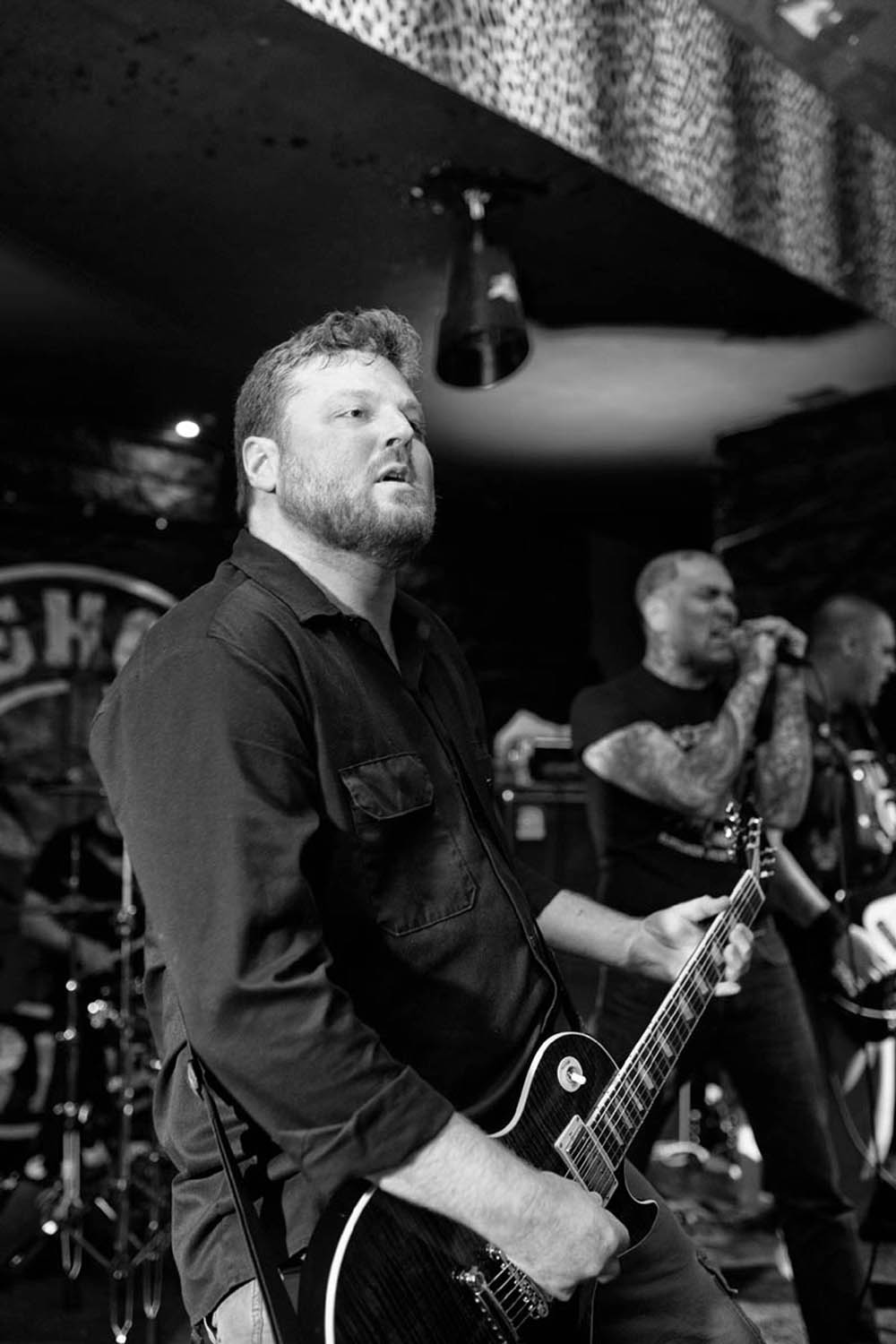
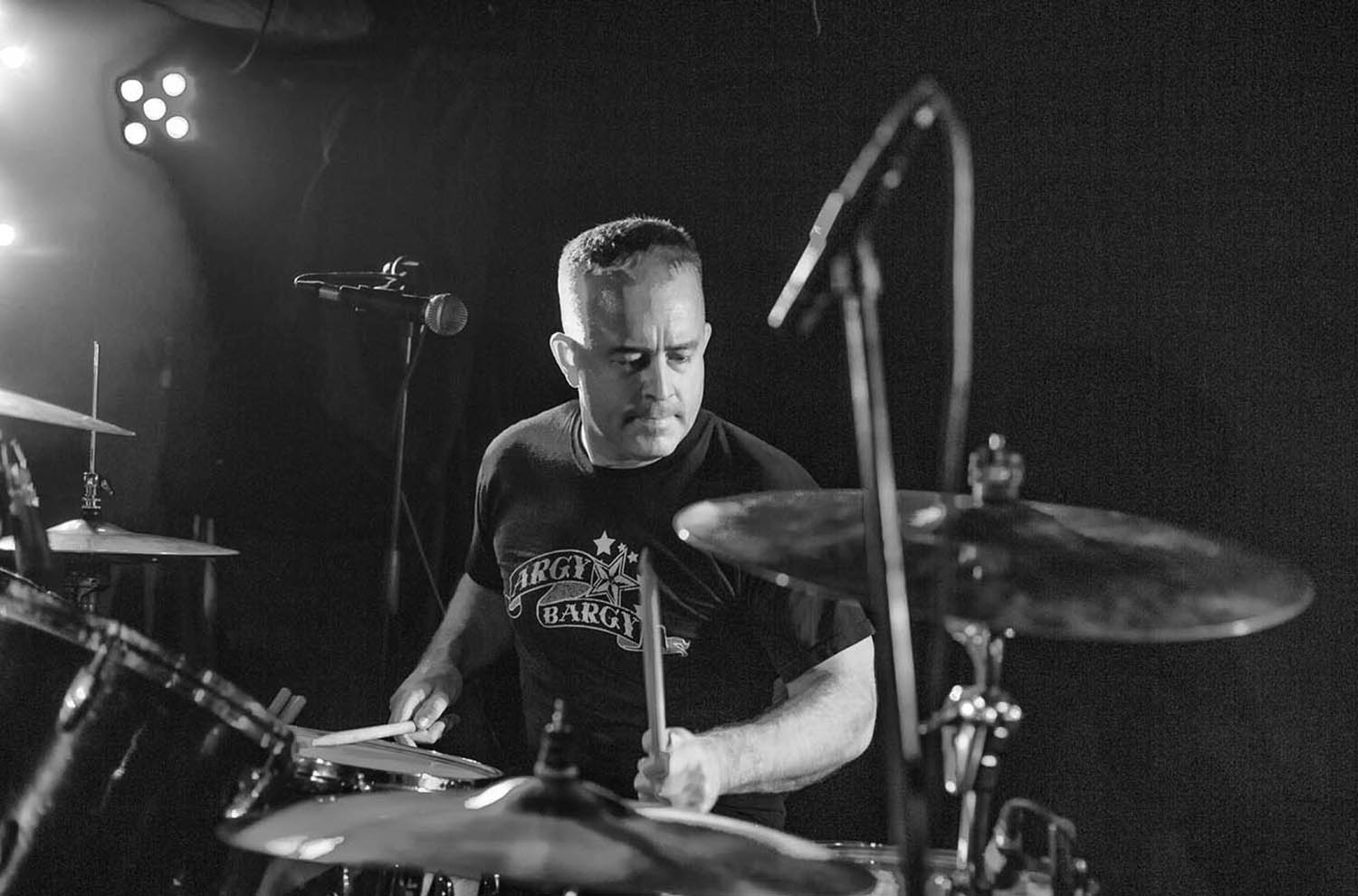
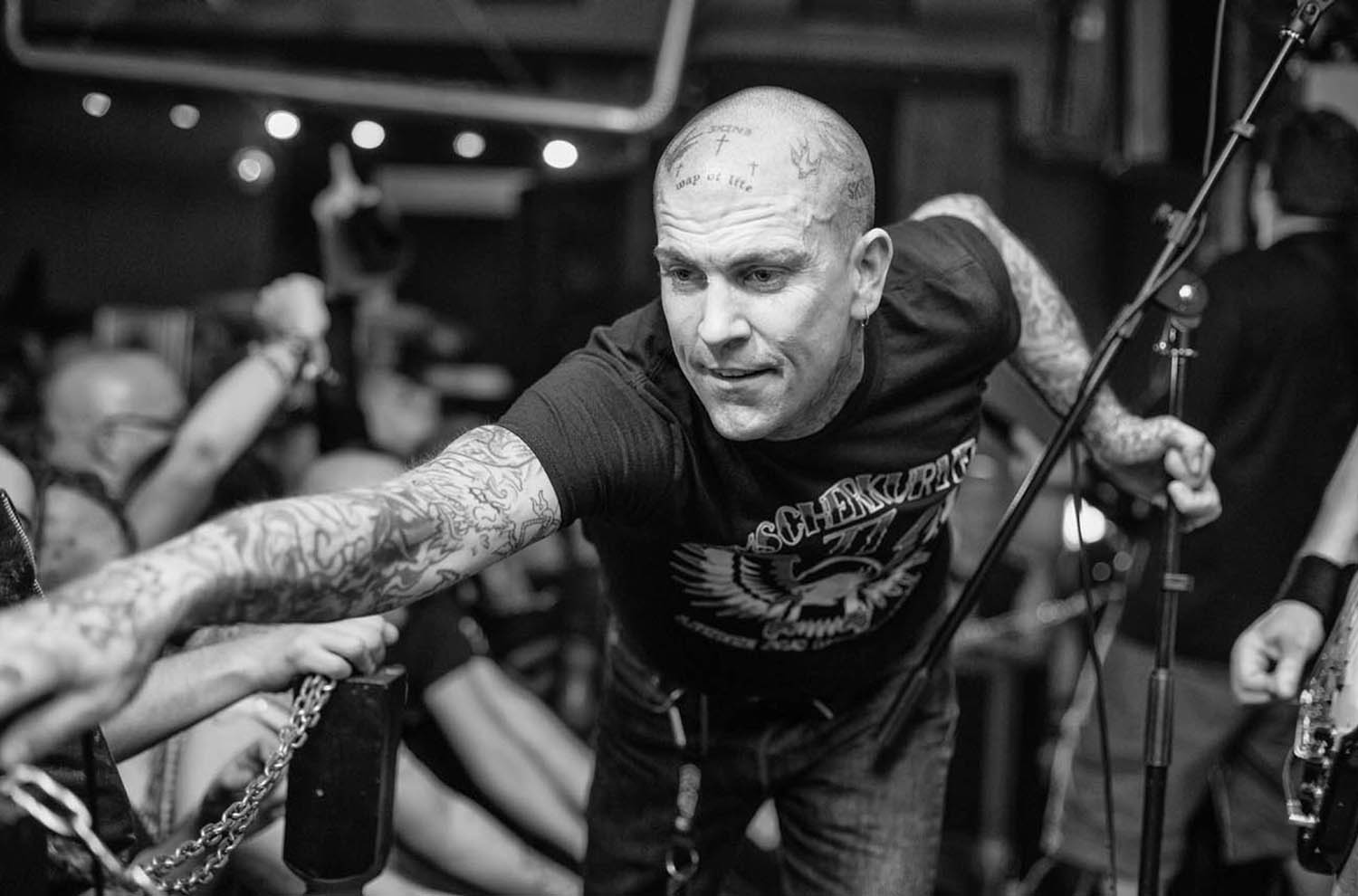
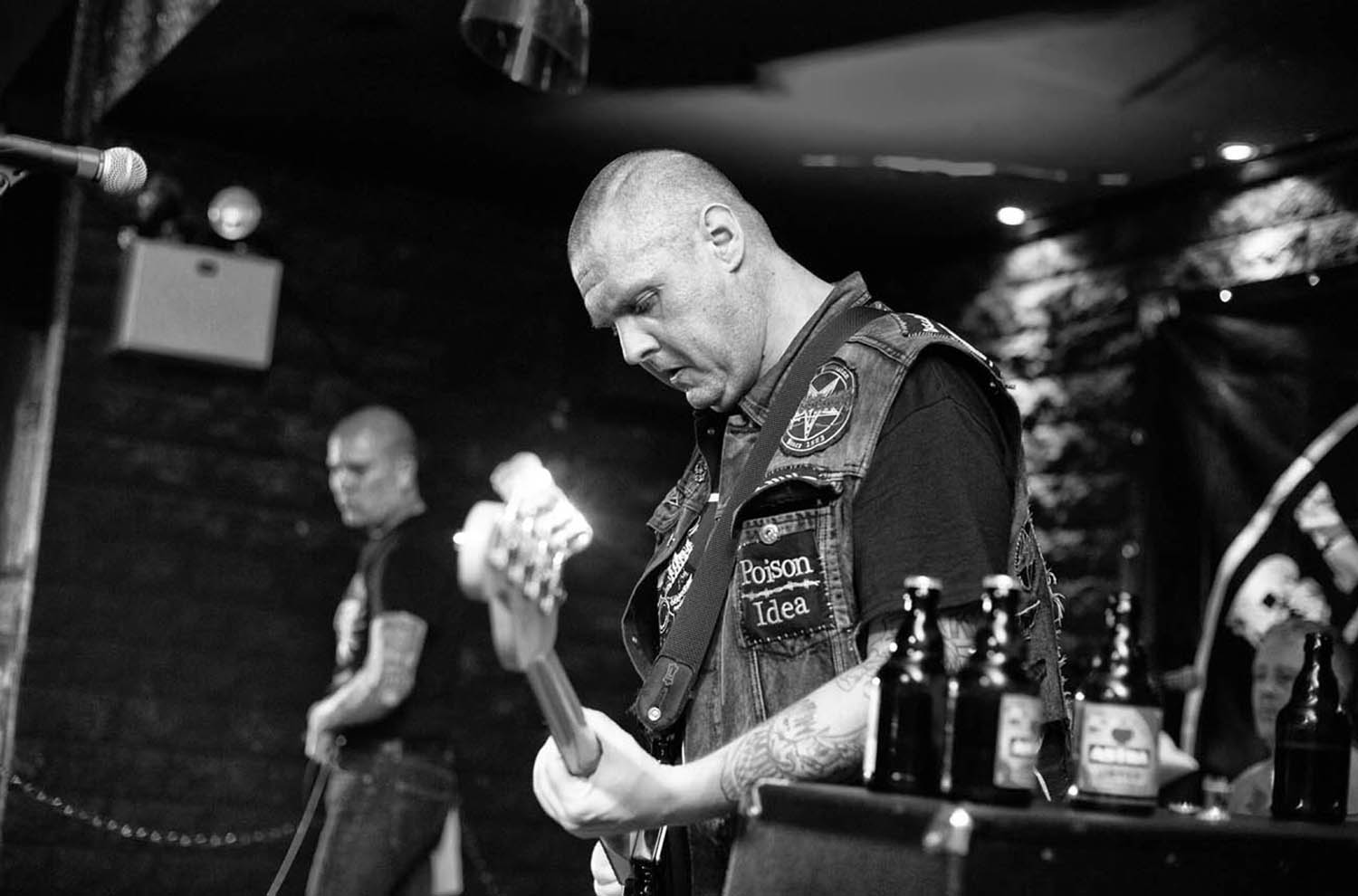
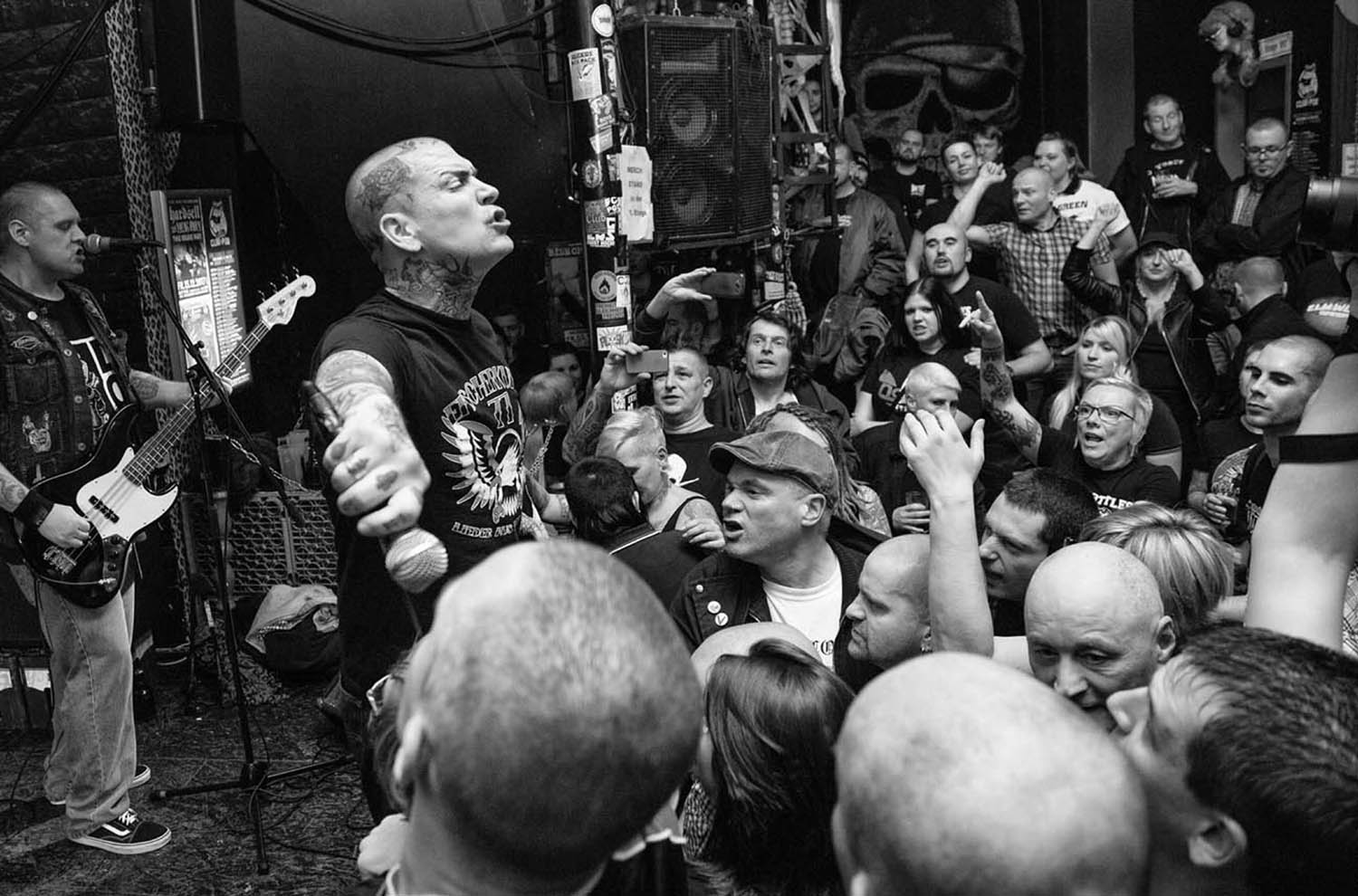
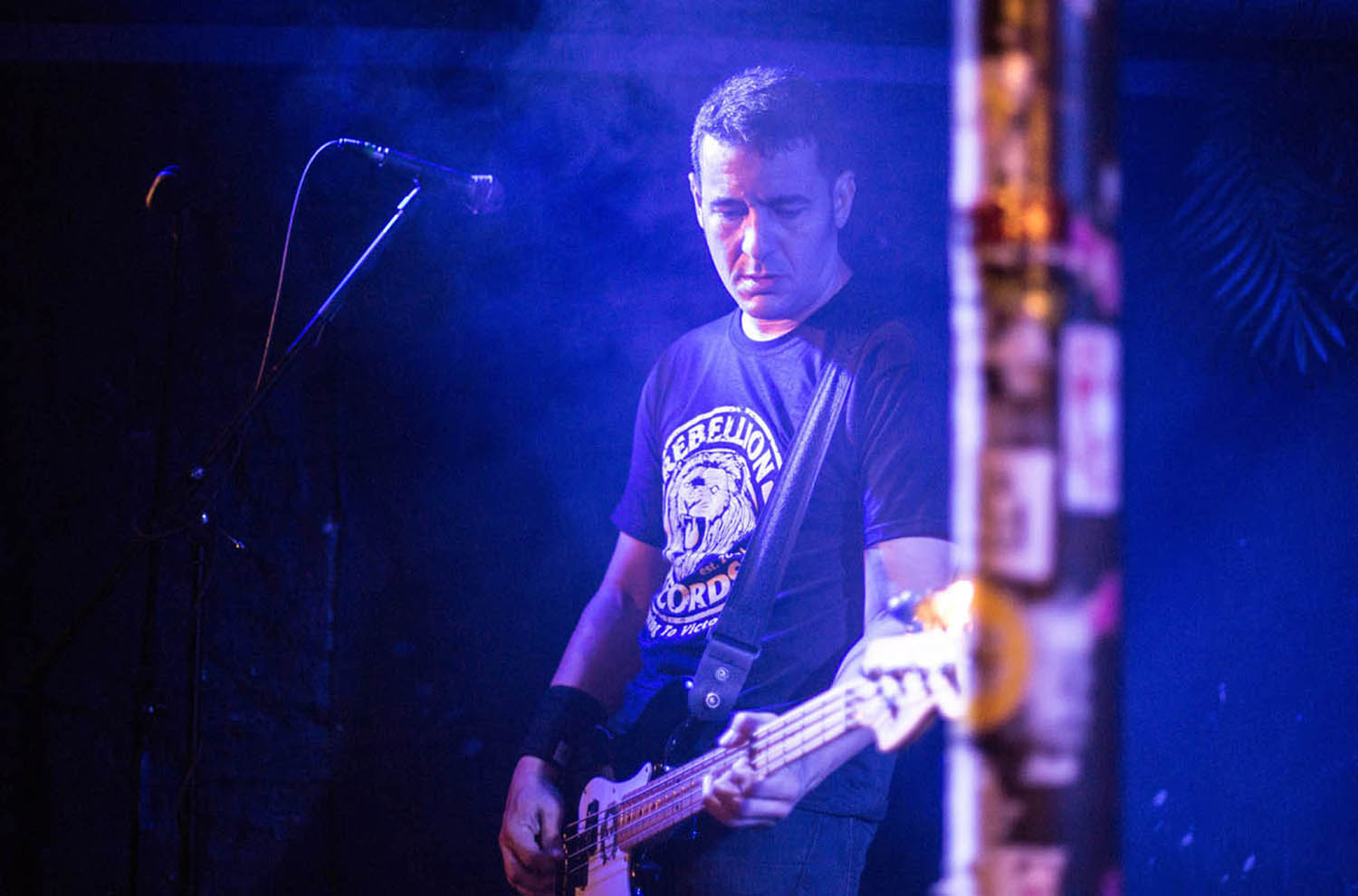
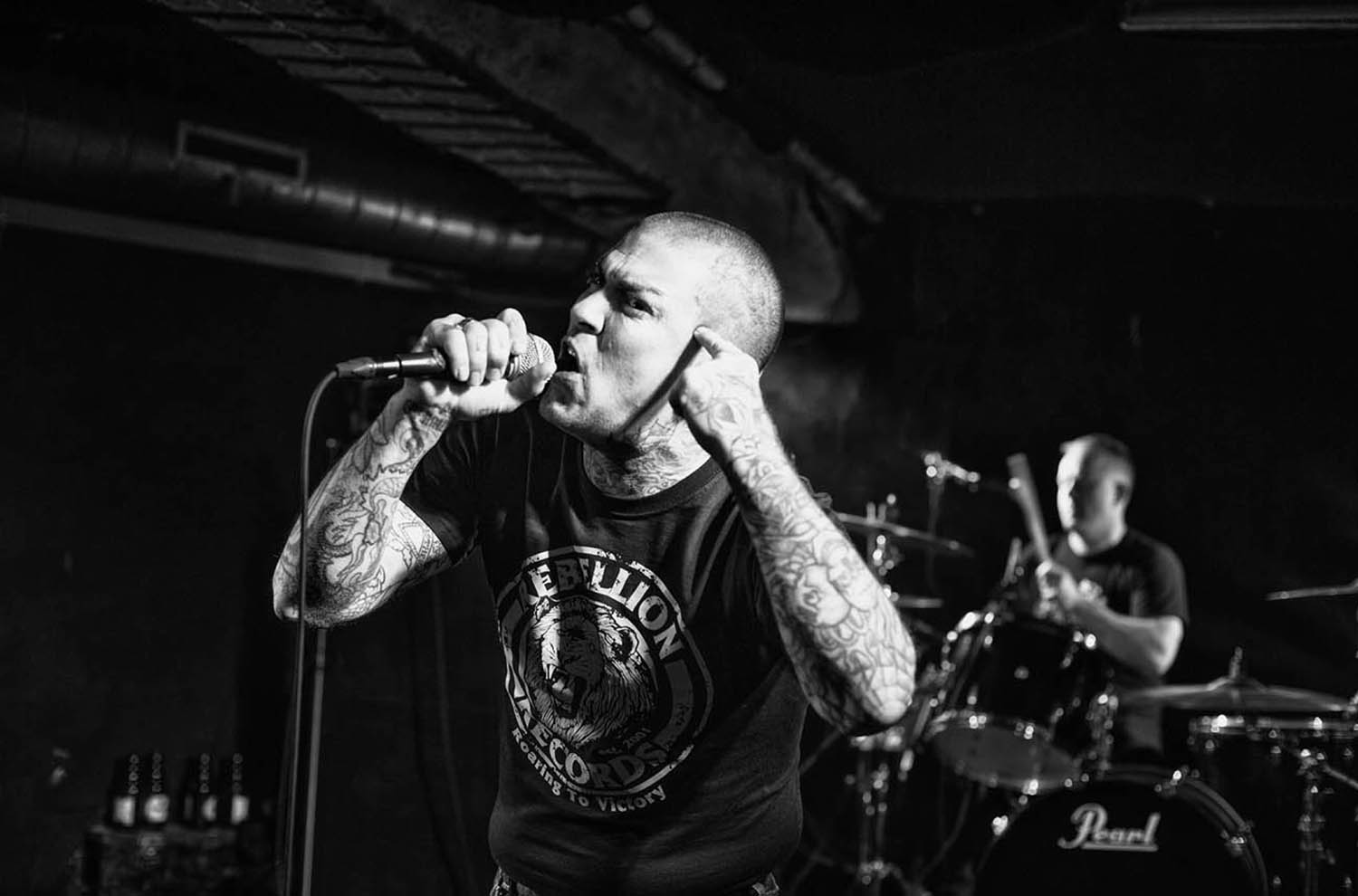
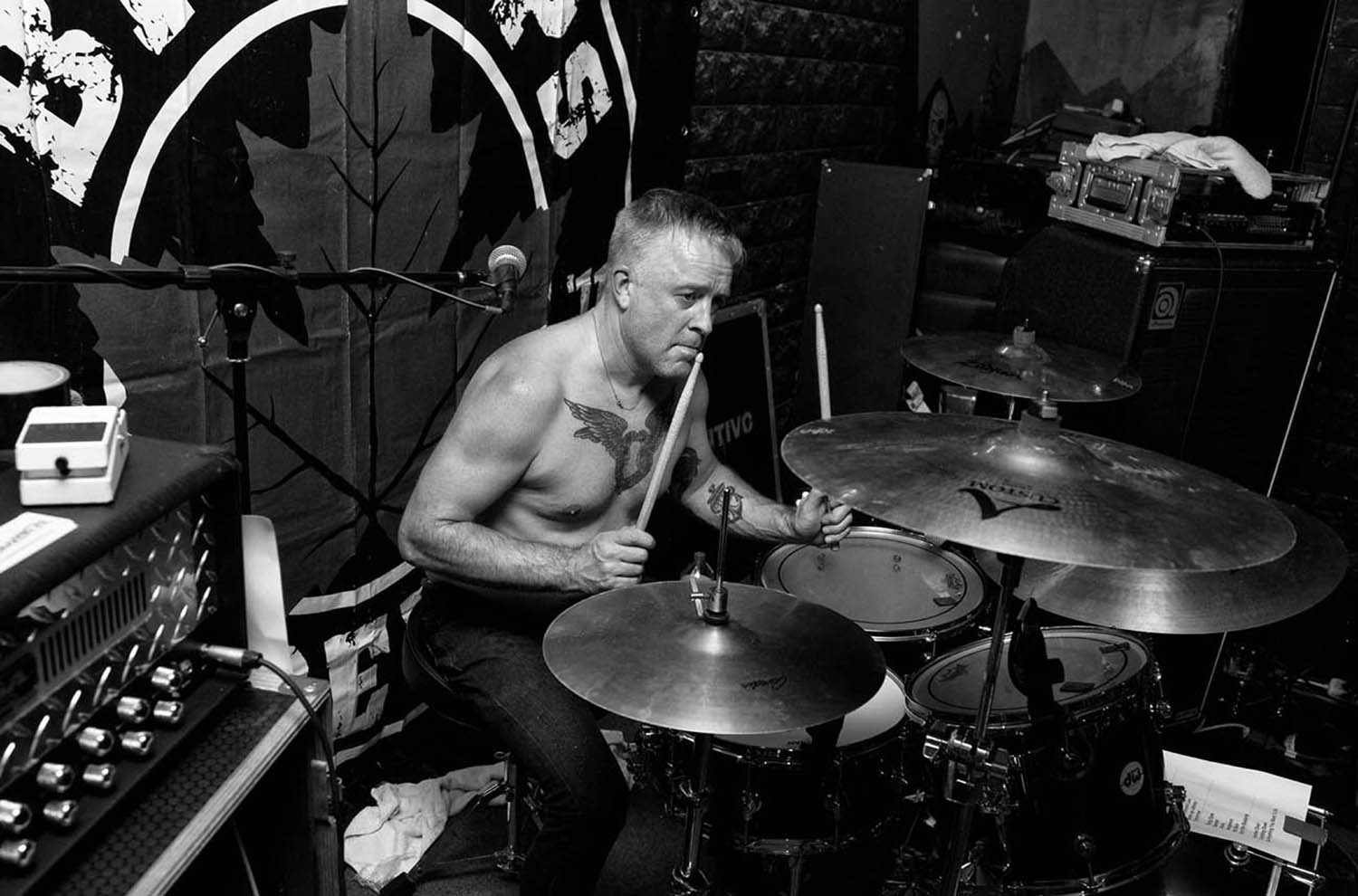
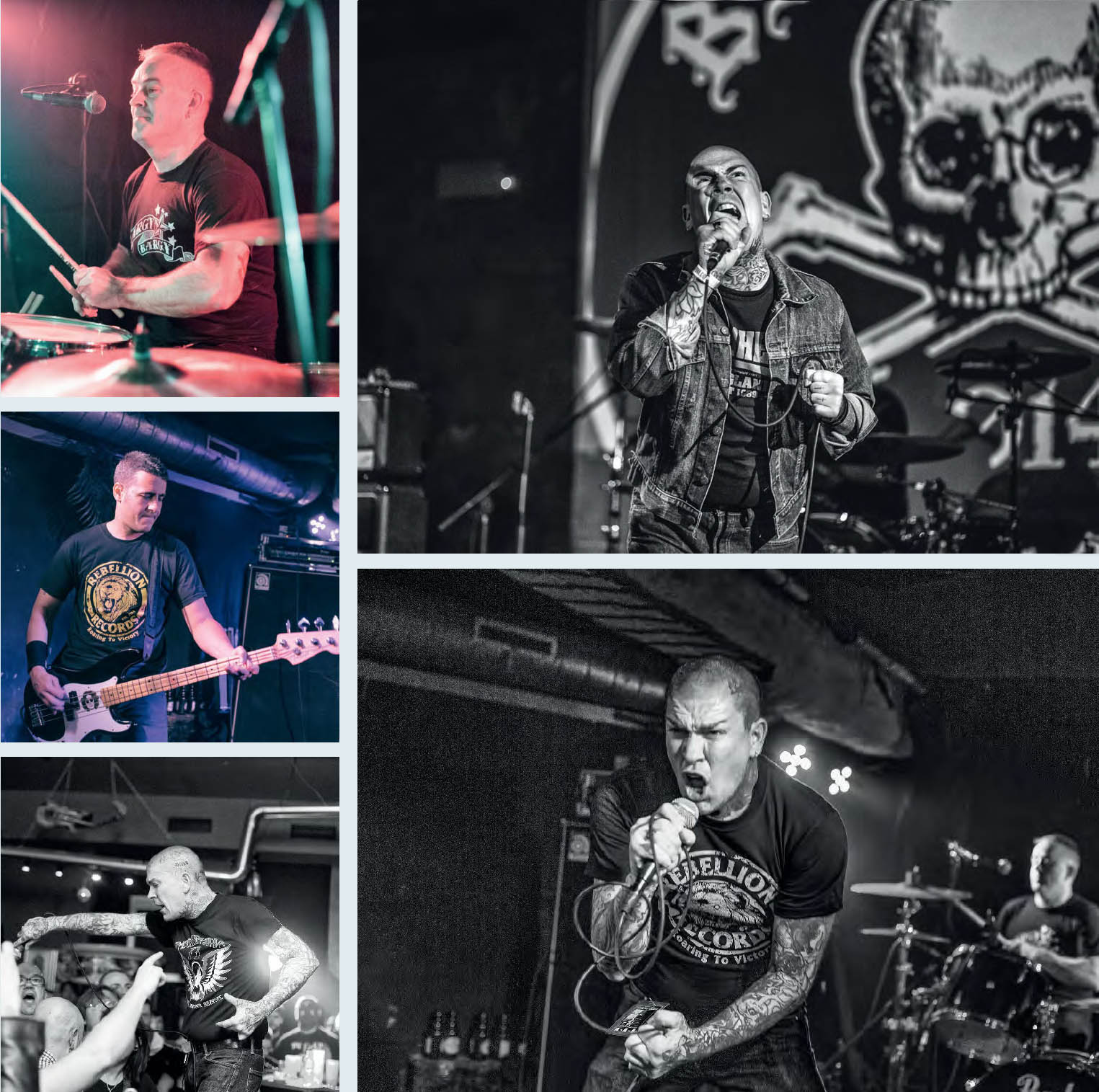
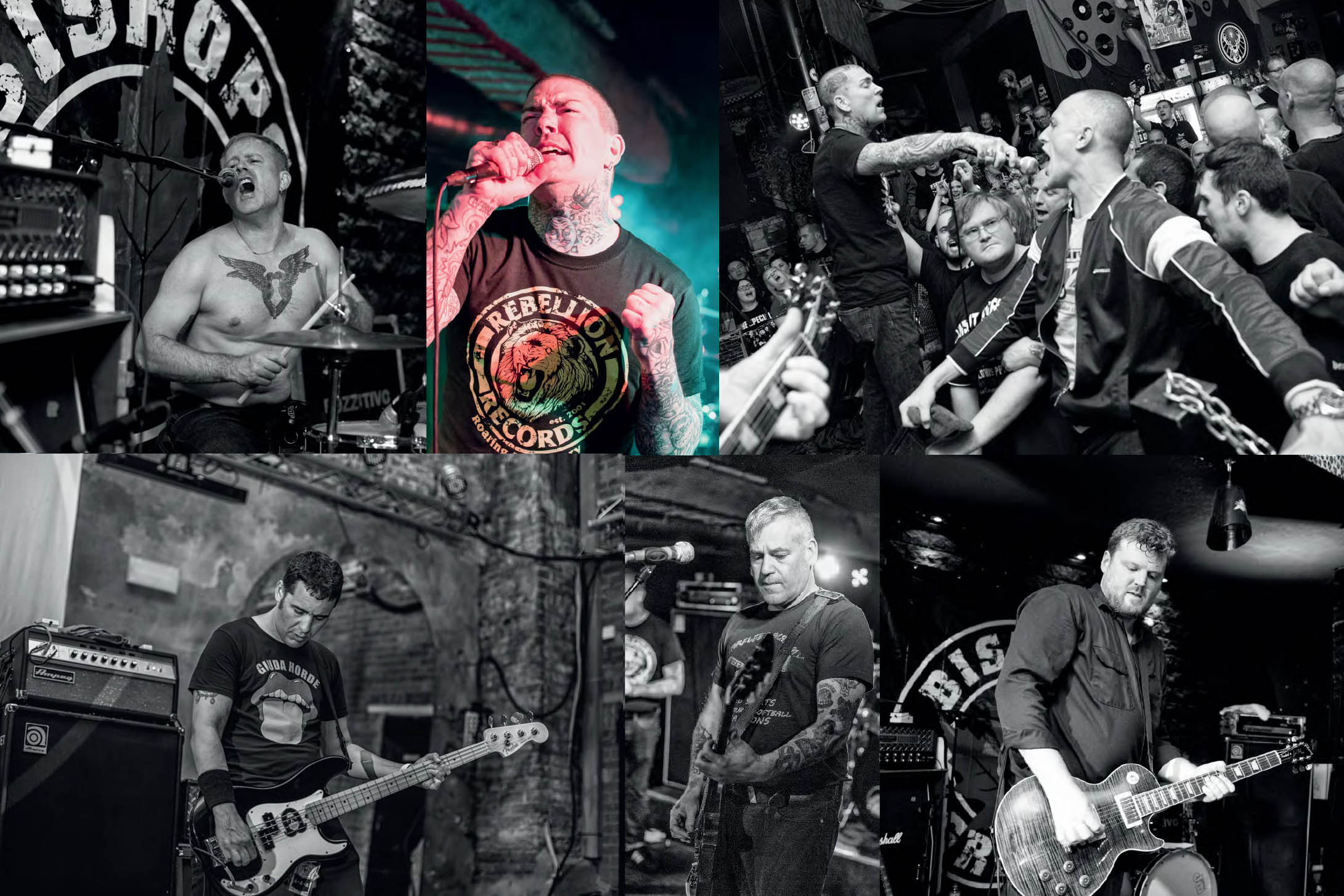
C4SERVICE
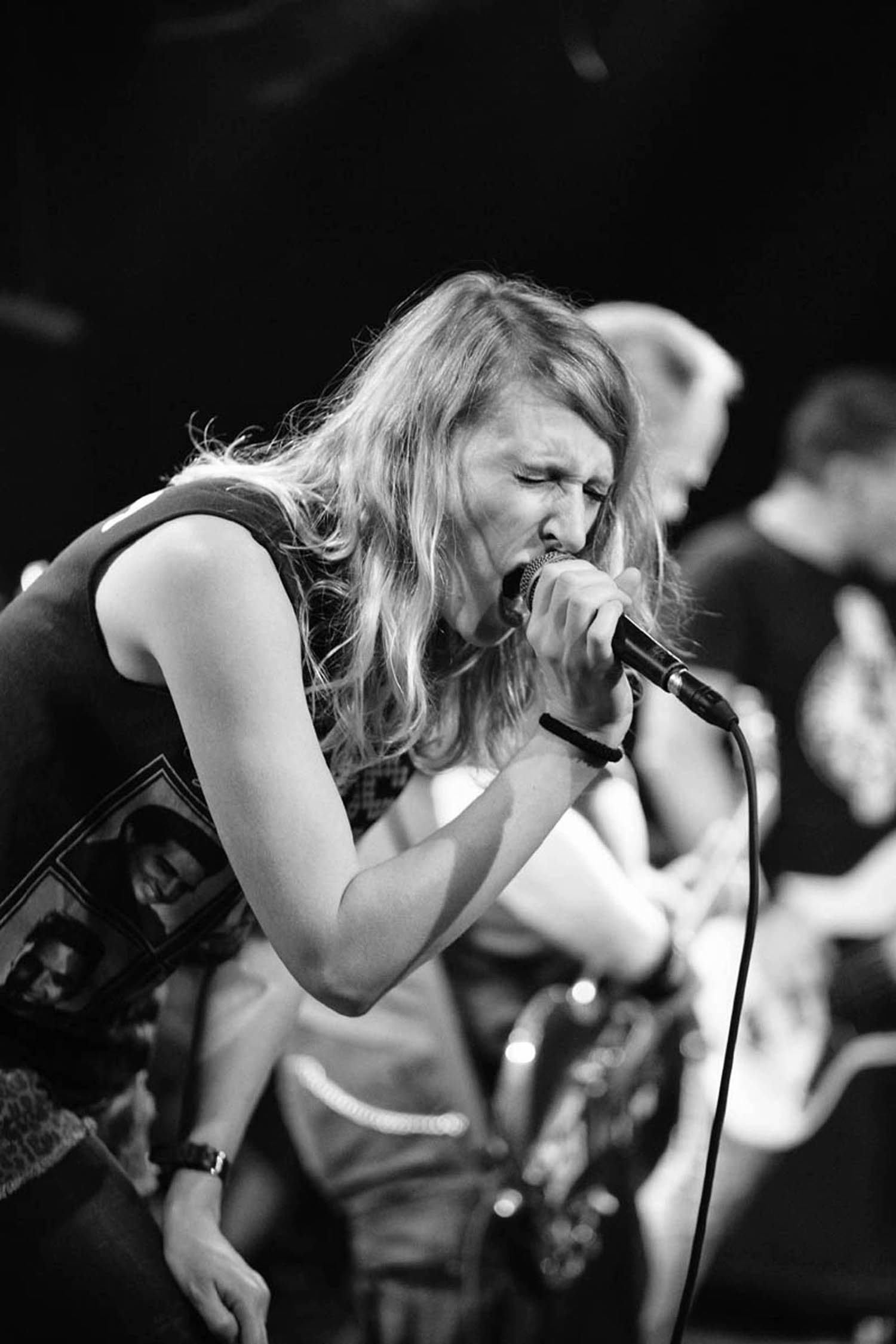
Wann habt ihr C4Service gegründet?
Holger: Wir haben die Band 2013 gegründet und die ersten Shows gespielt. In der jetzigen Besetzung mit Verena, Carsten, Nico, Jan und mir spielen und streiten wir seit 2015.
Ist C4Service eine Diktatur oder eine Demokratie?
Holger: Im Grunde genommen sind wir ein basisdemokratischer Kindergarten. Das heißt, wir versuchen uns erst mal so zu einigen. Wenn das nicht gelingt, stimmen wir ab. Vorher streiten wir uns aber gerne und viel.

